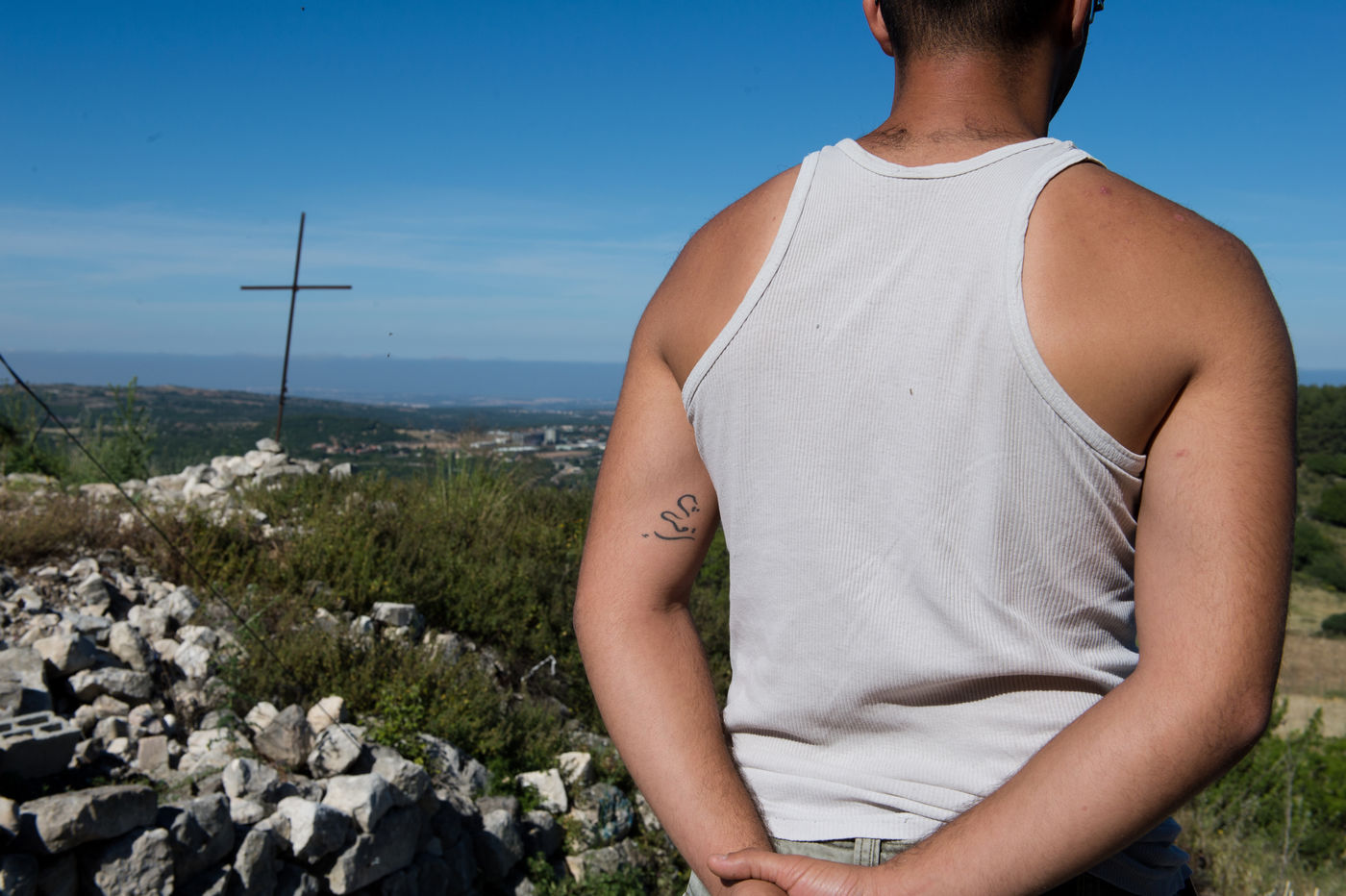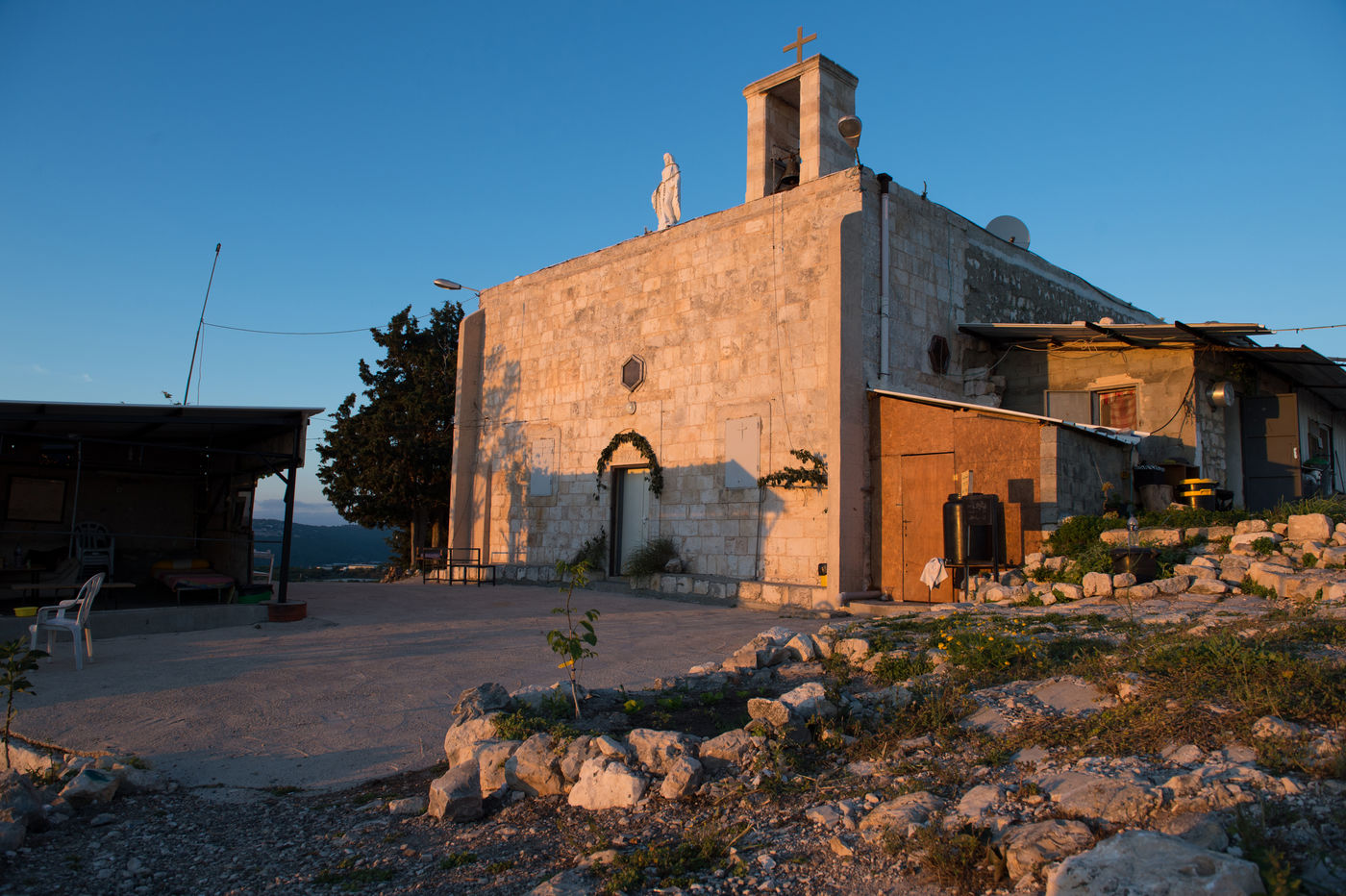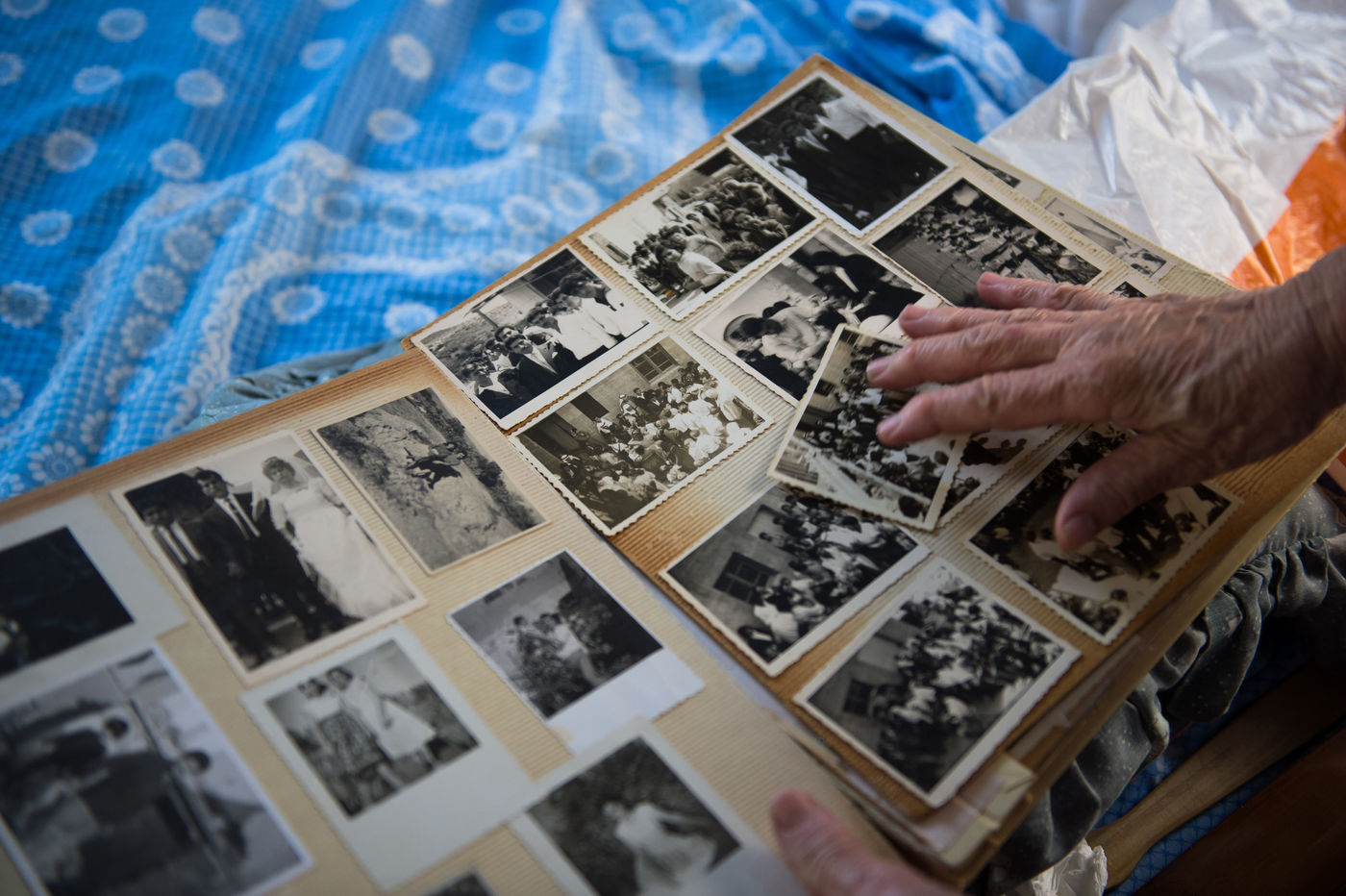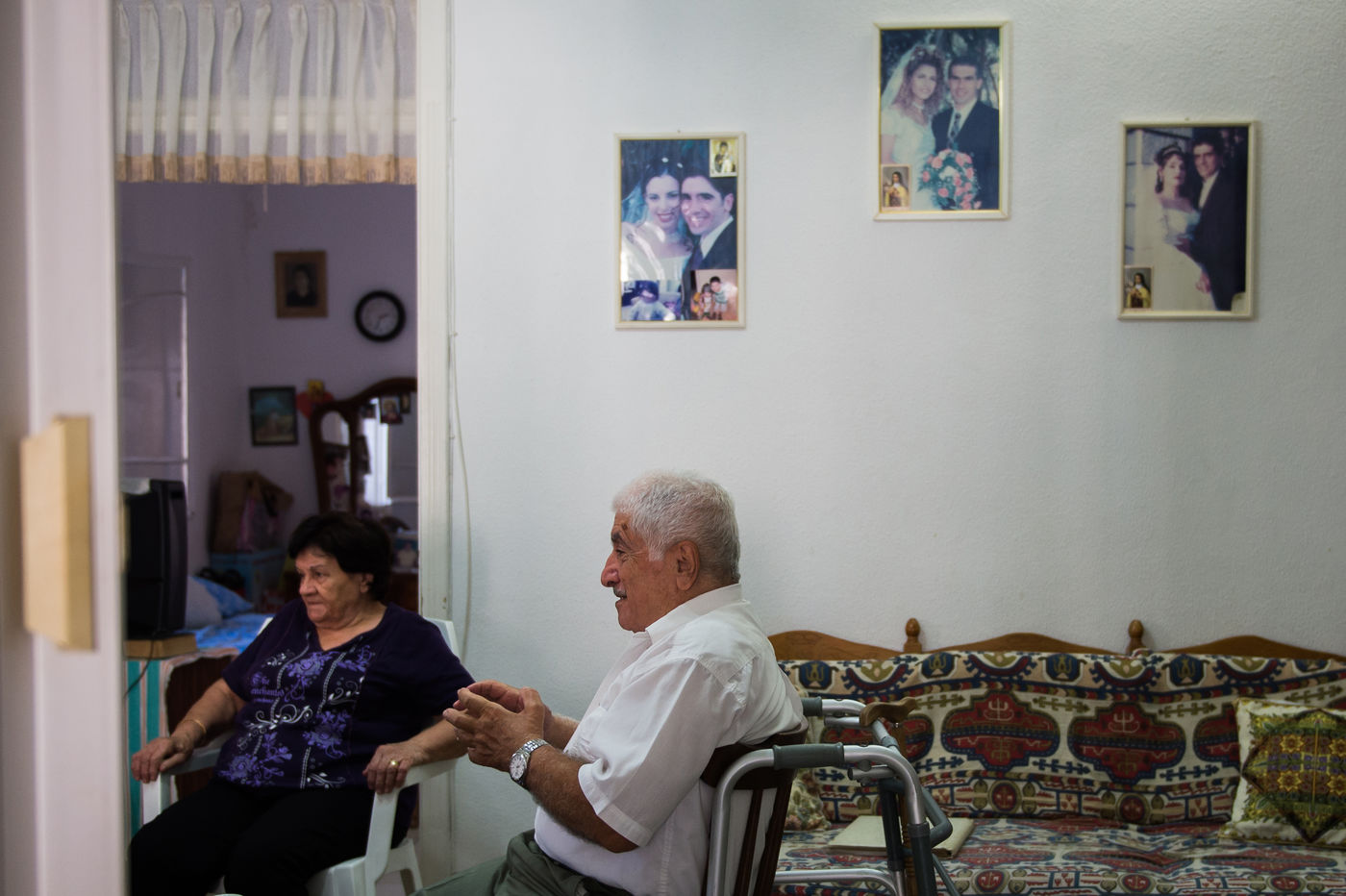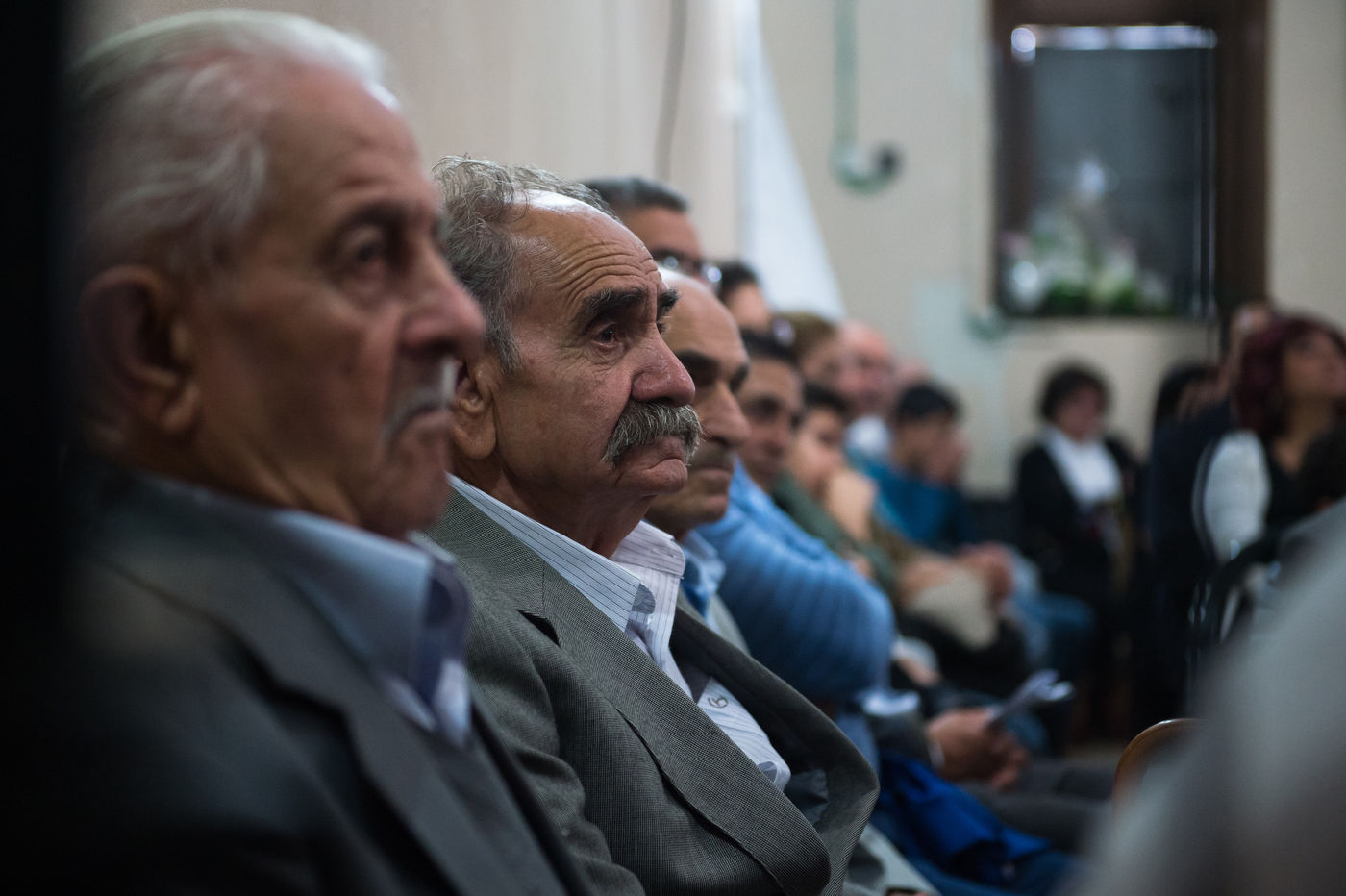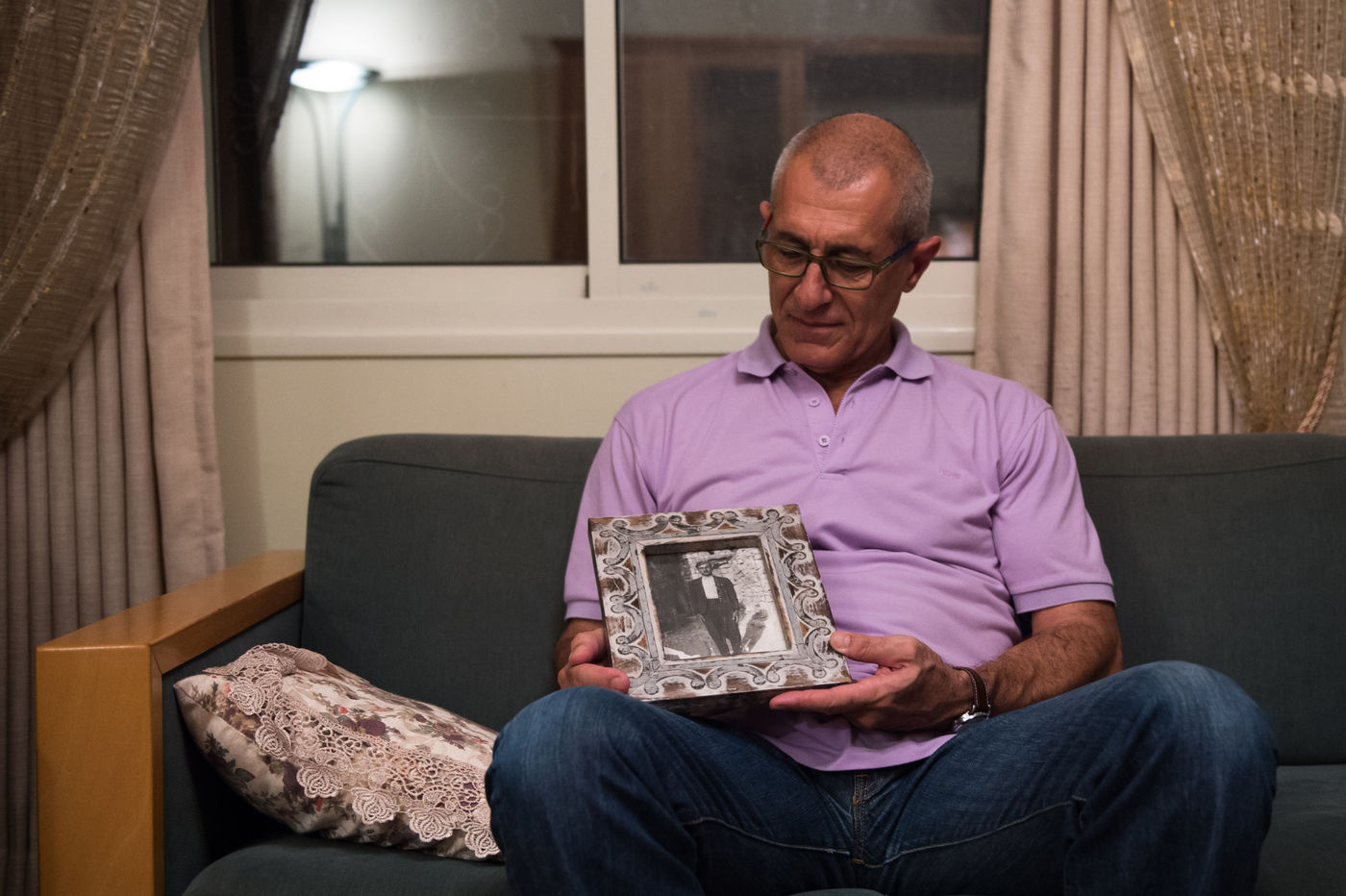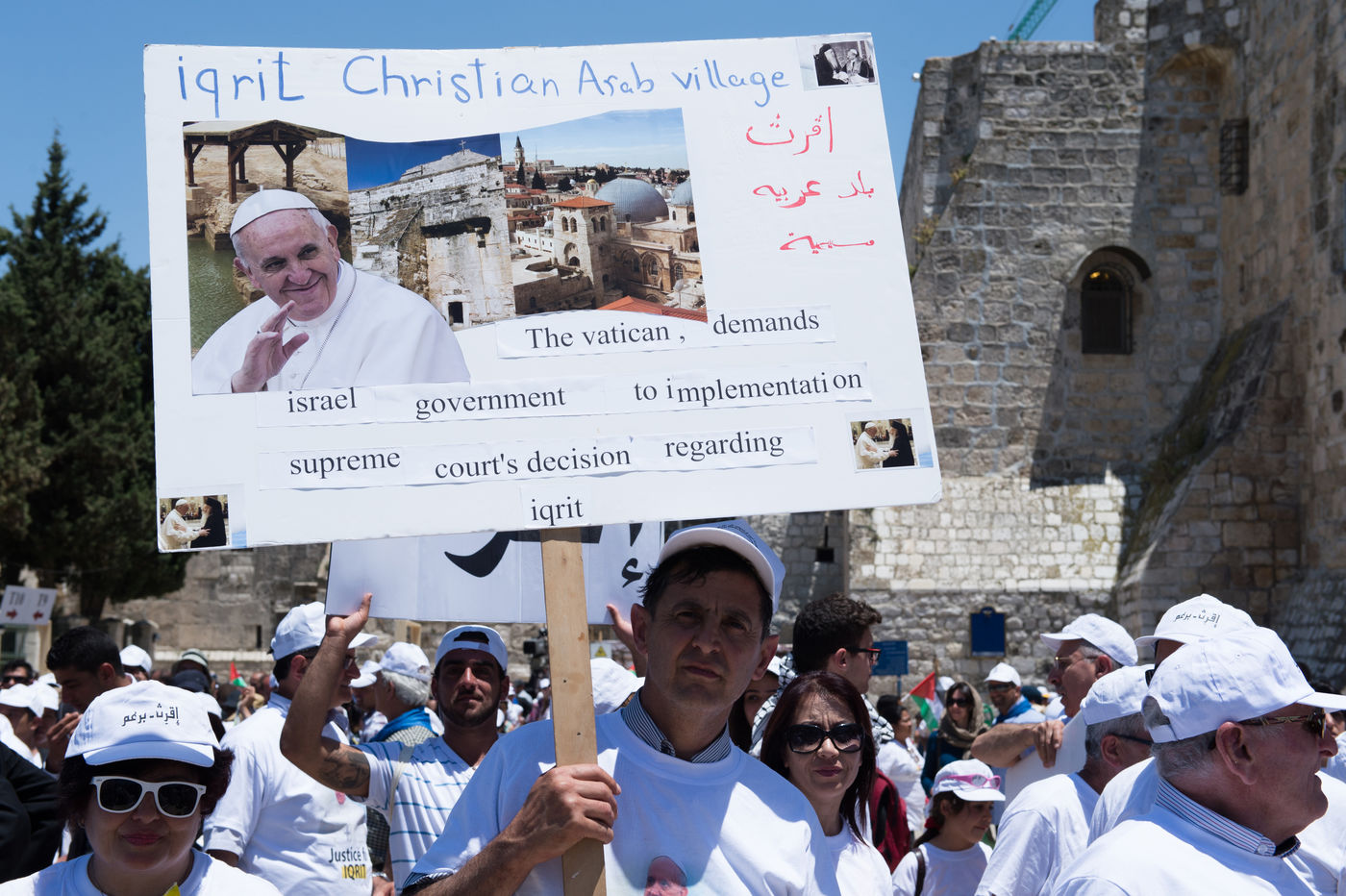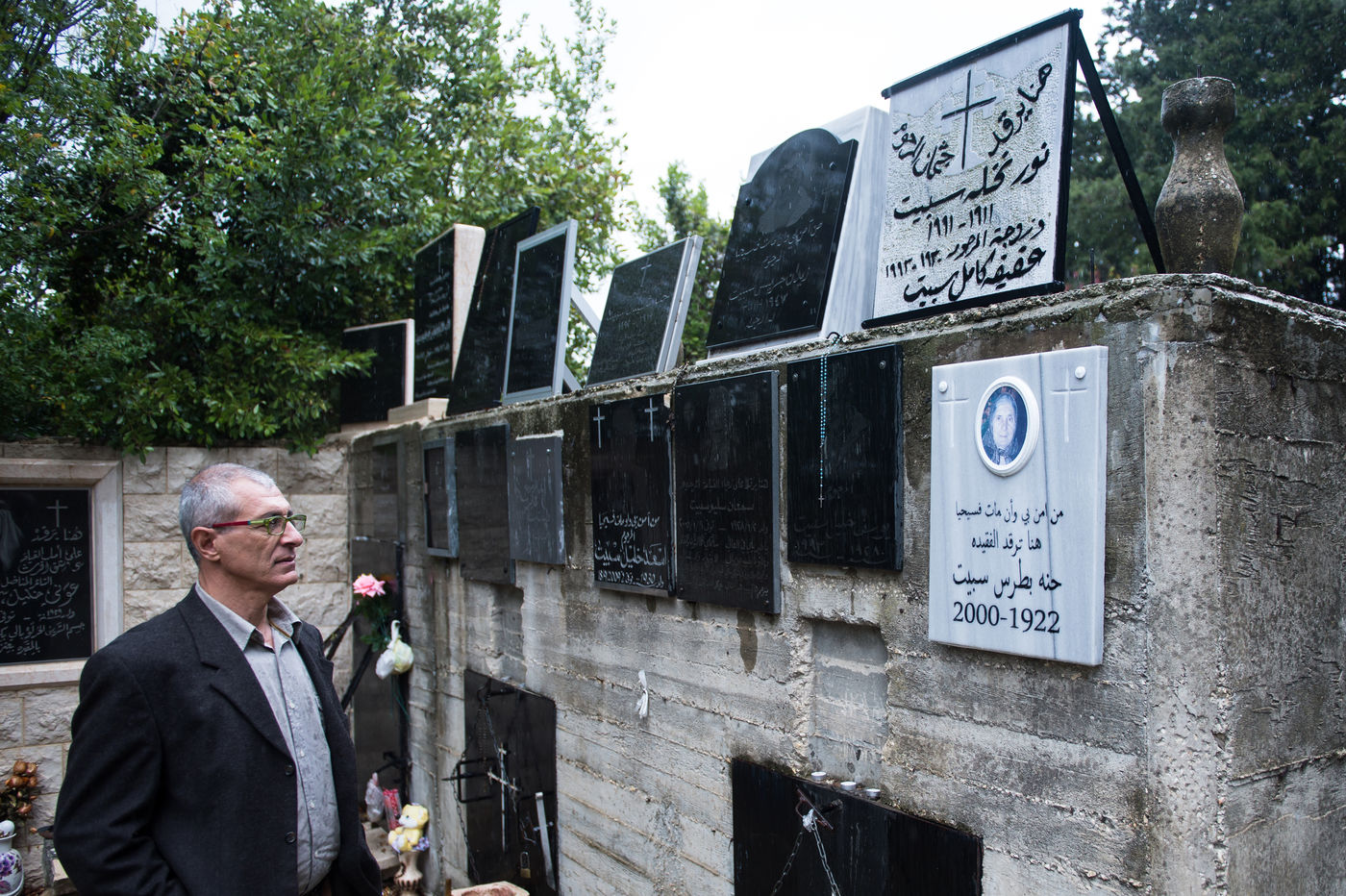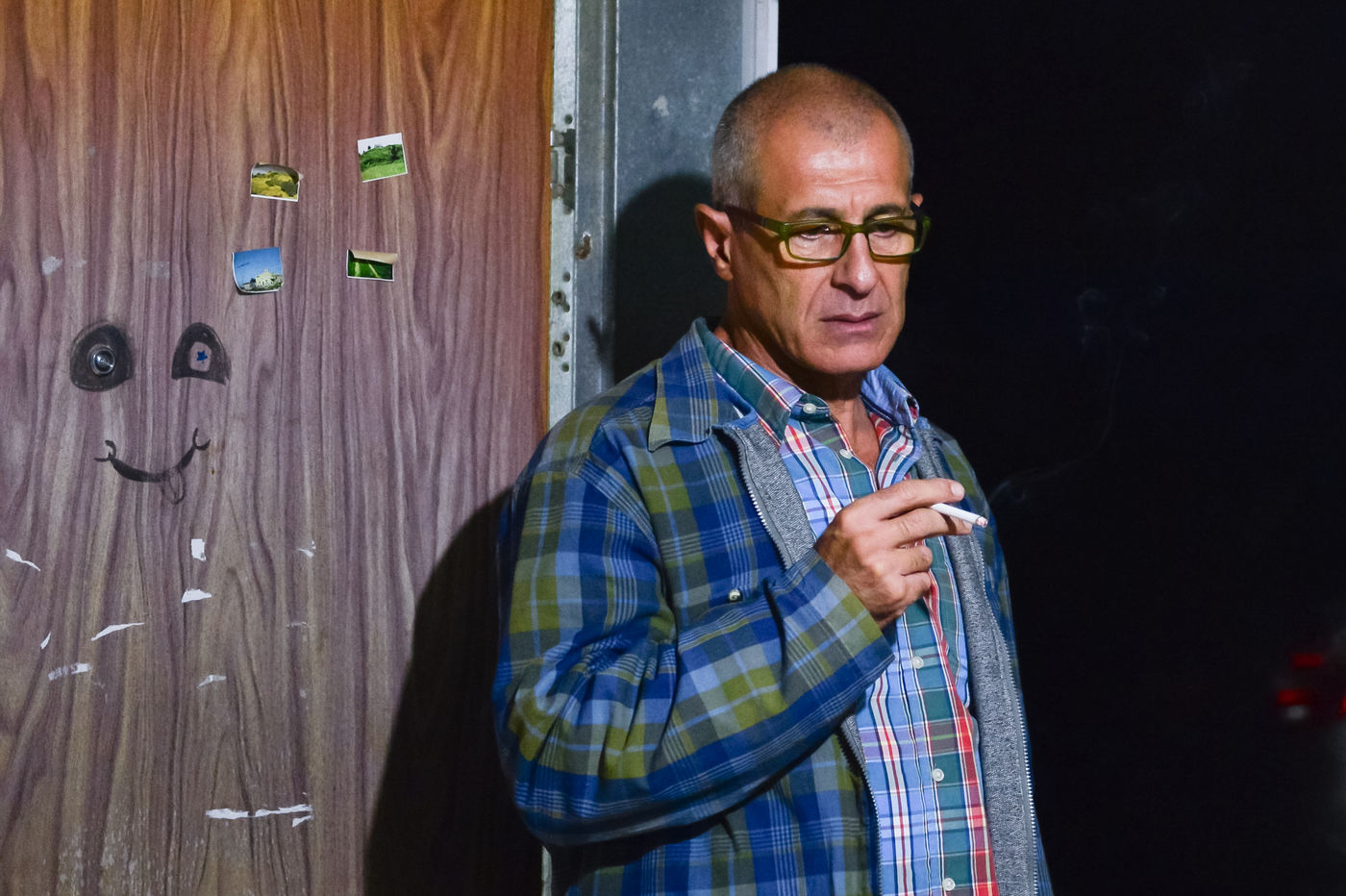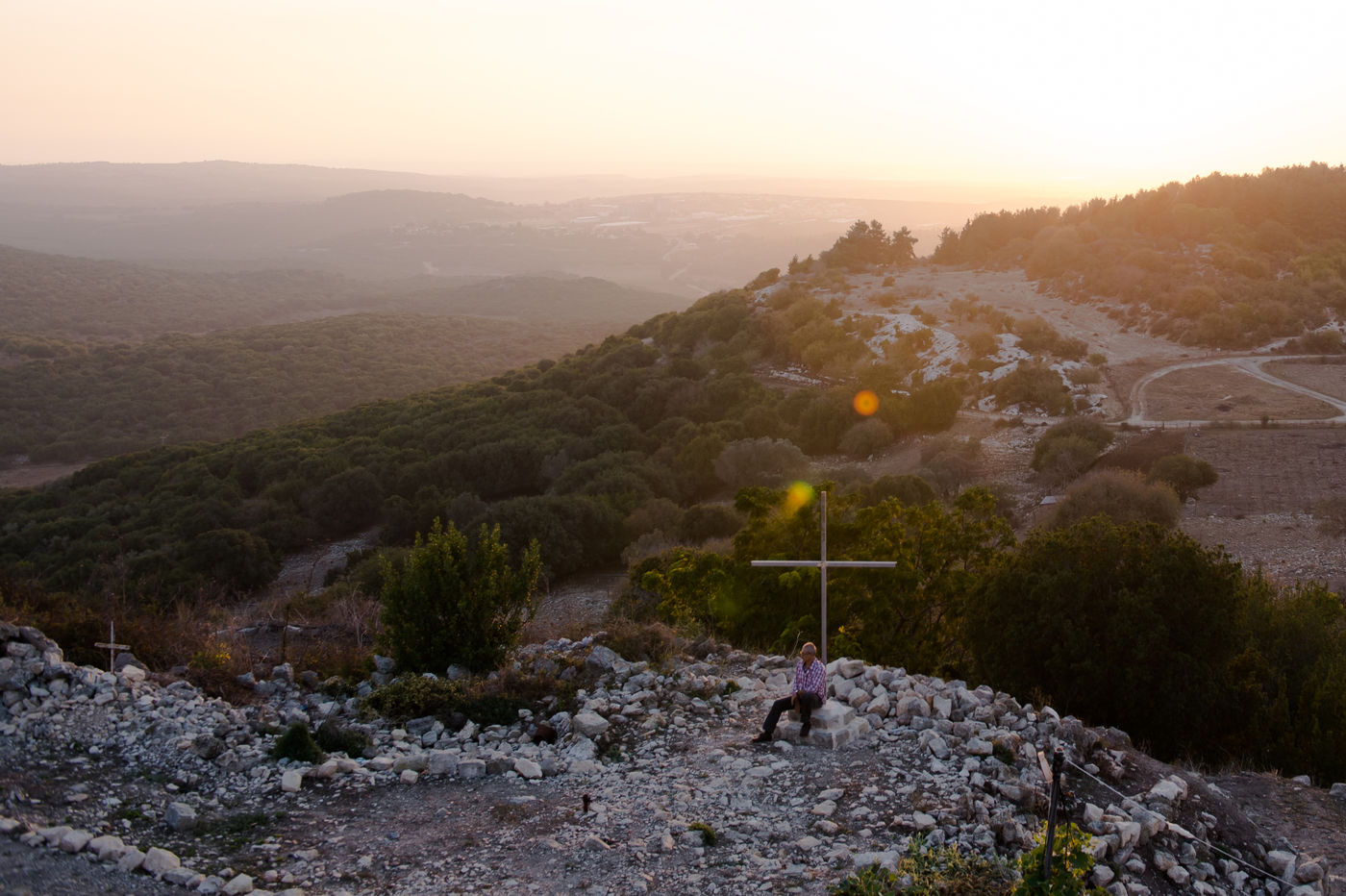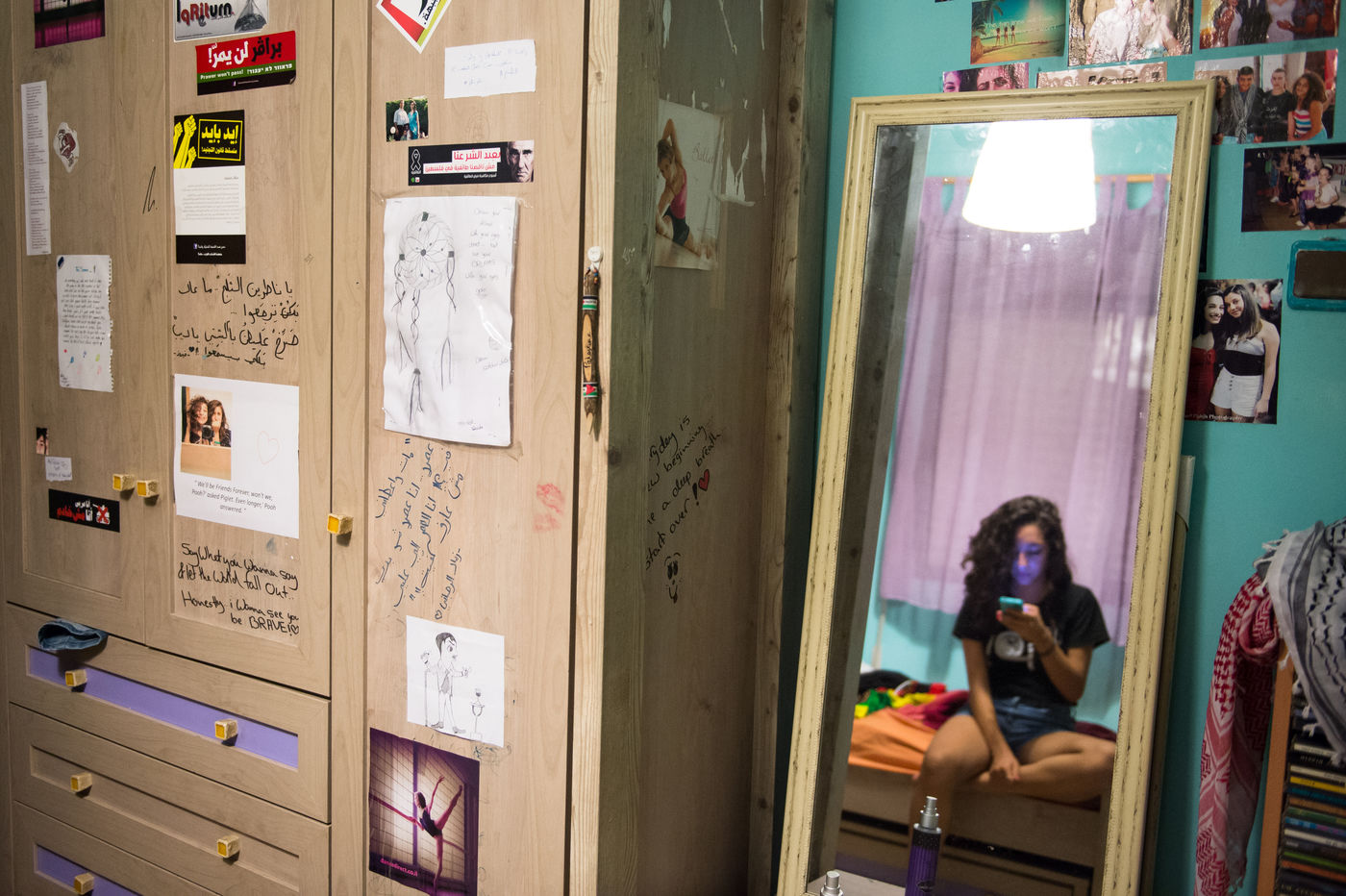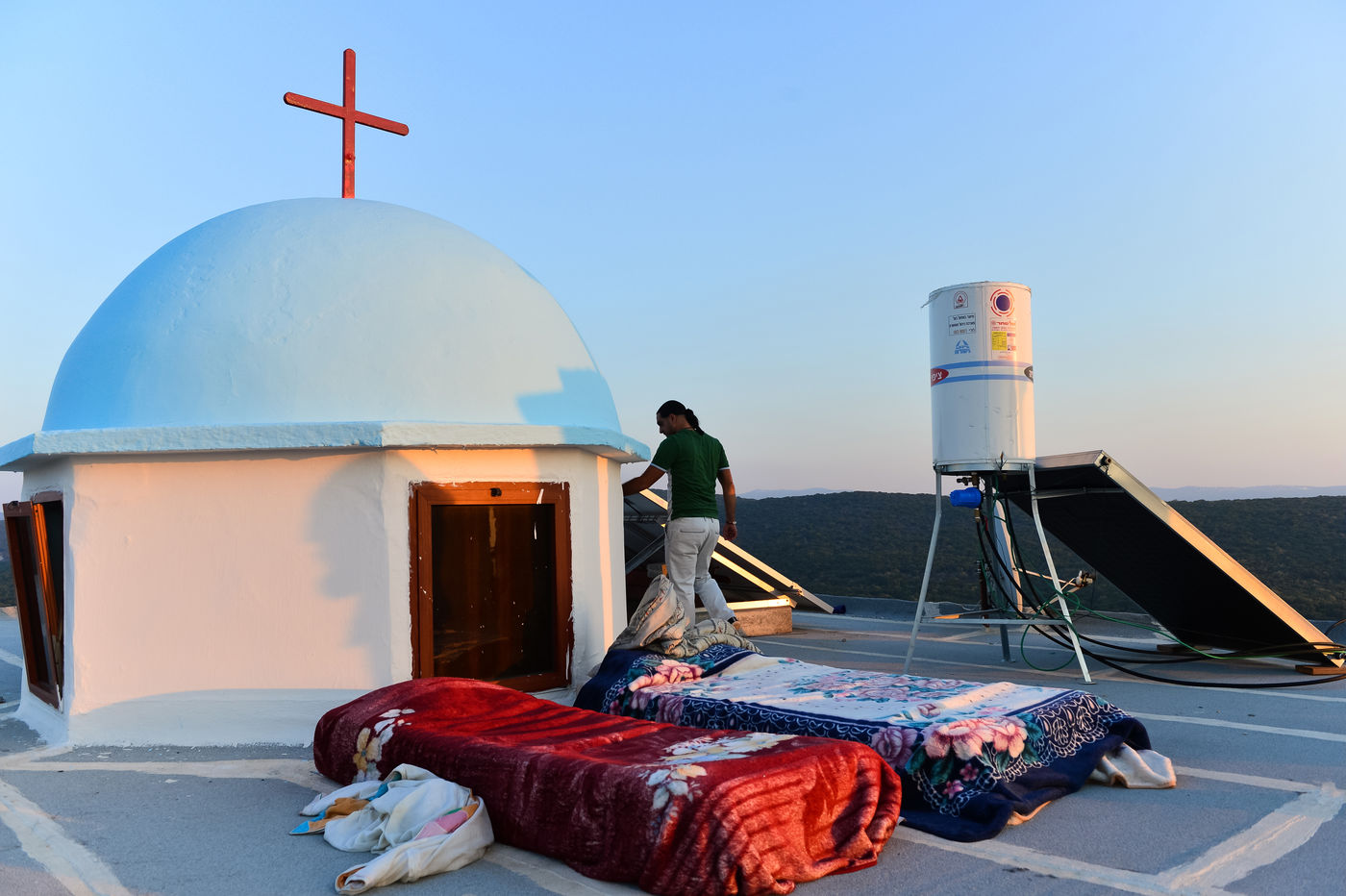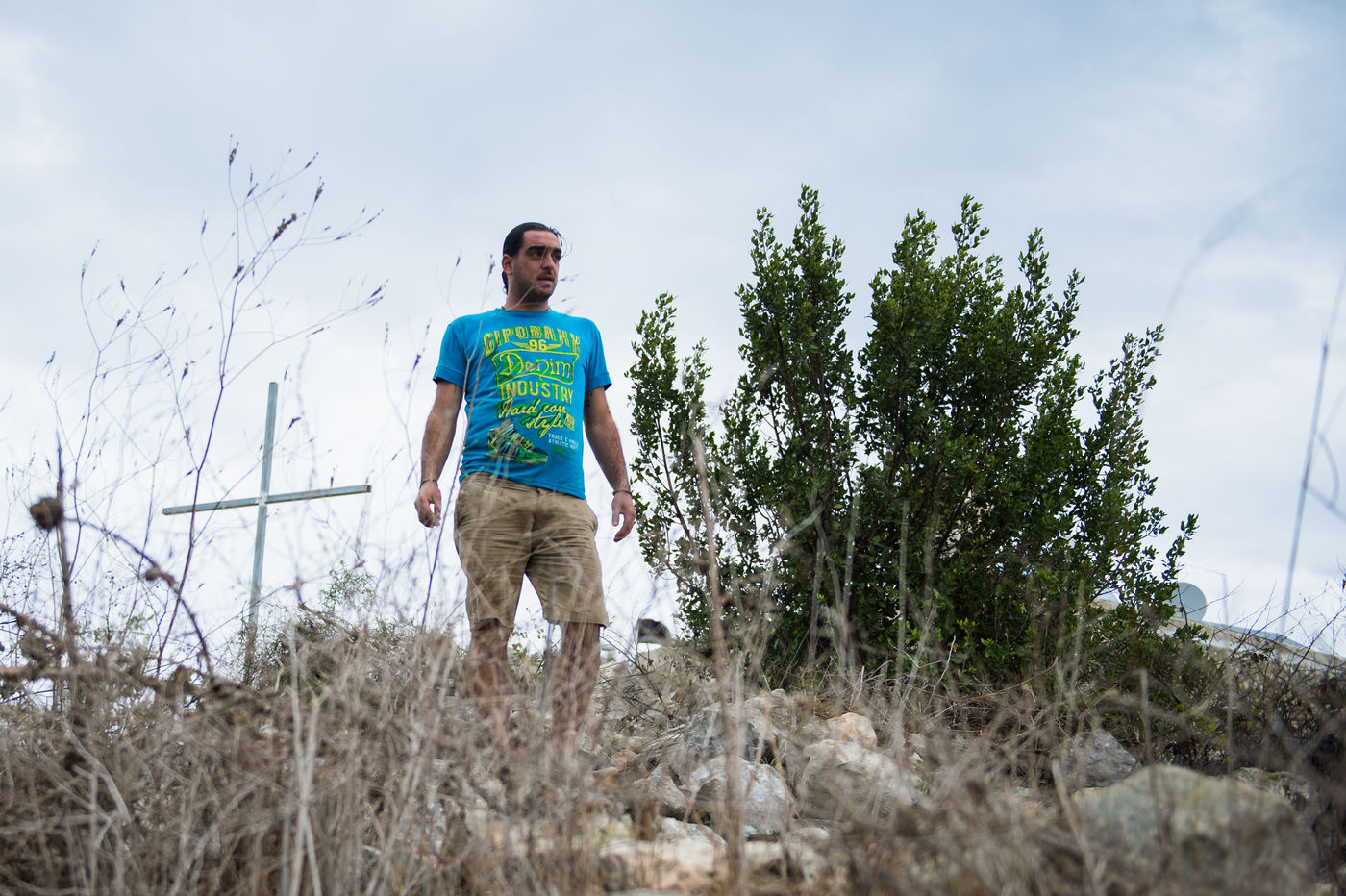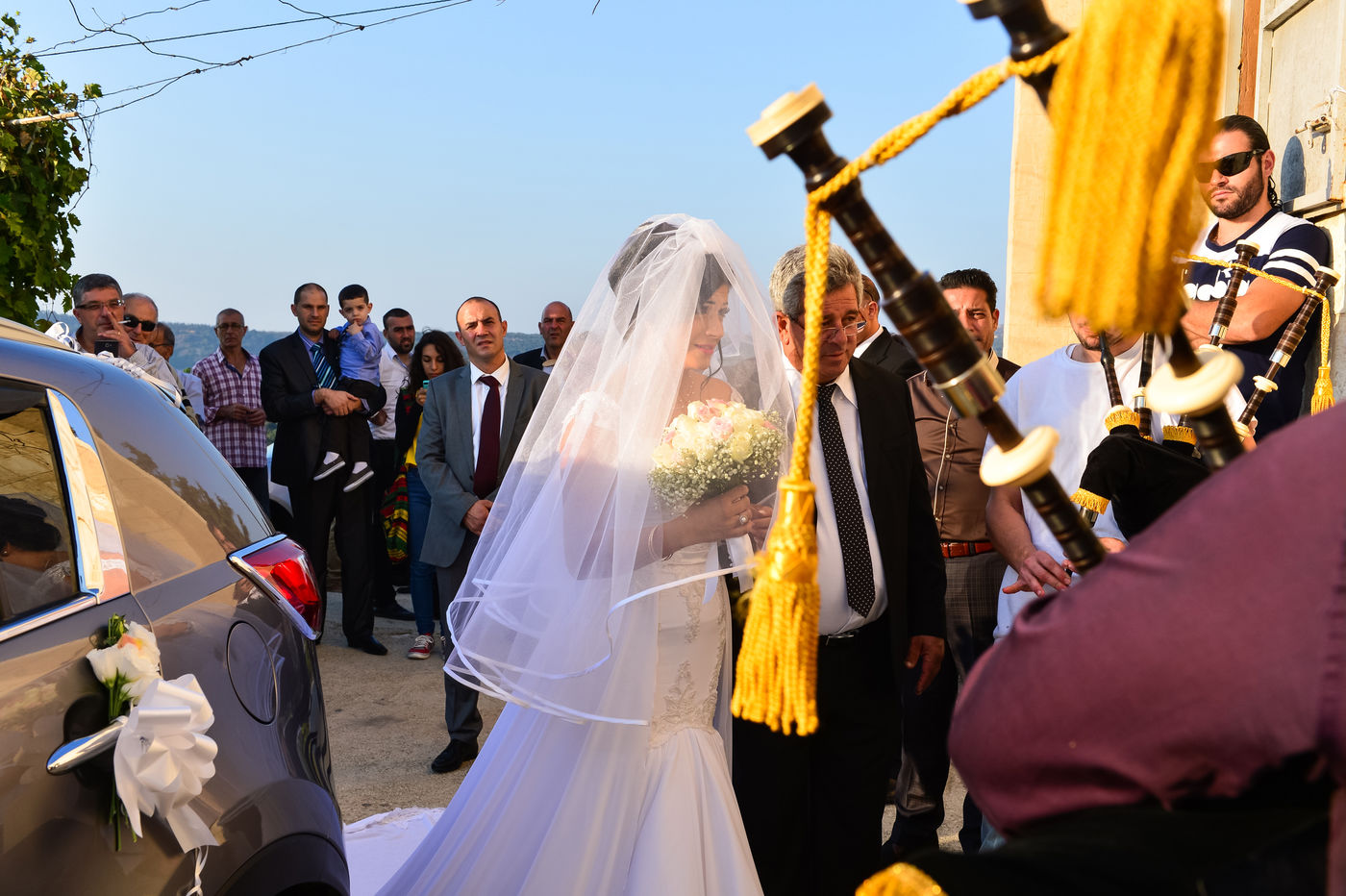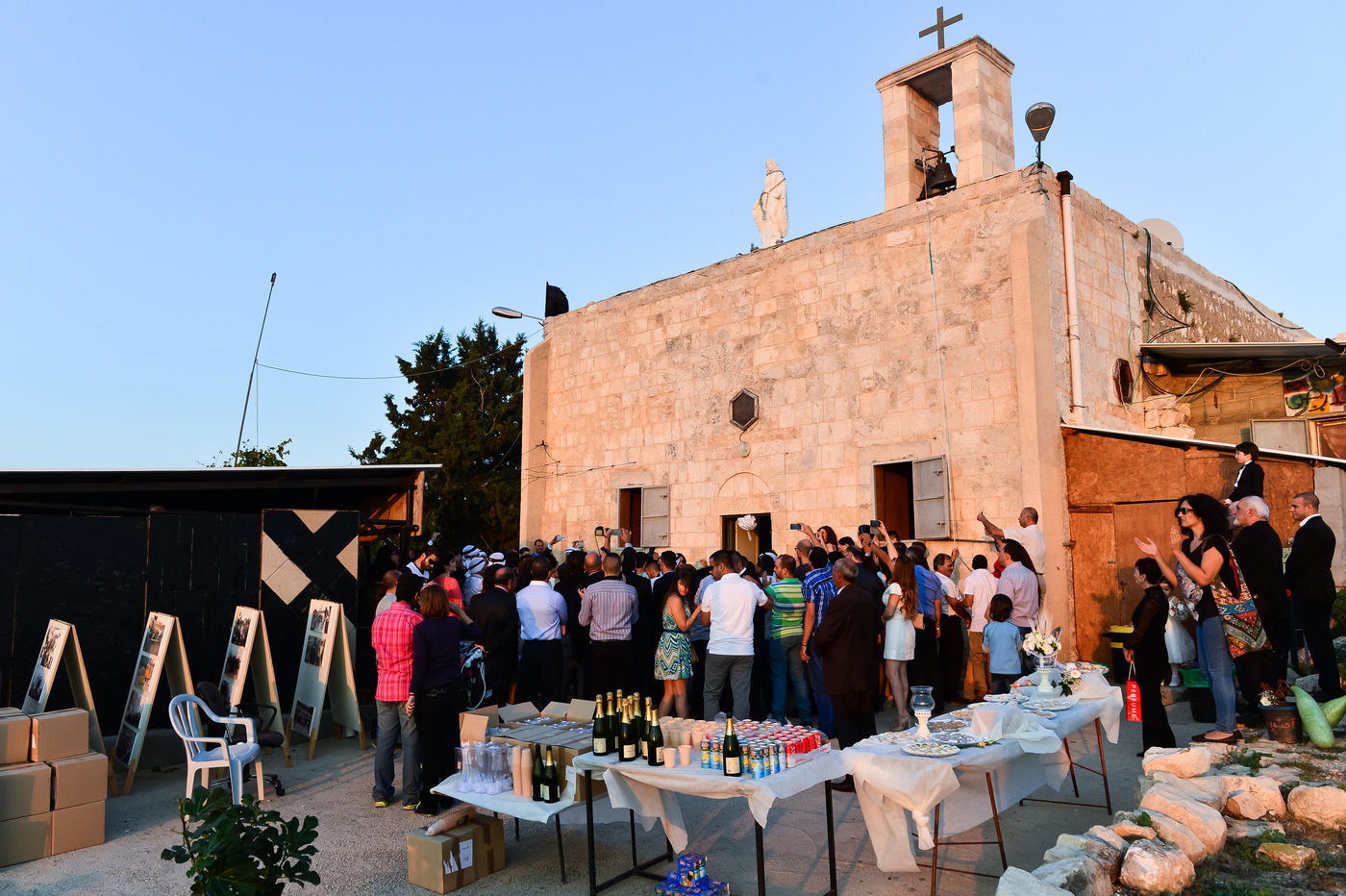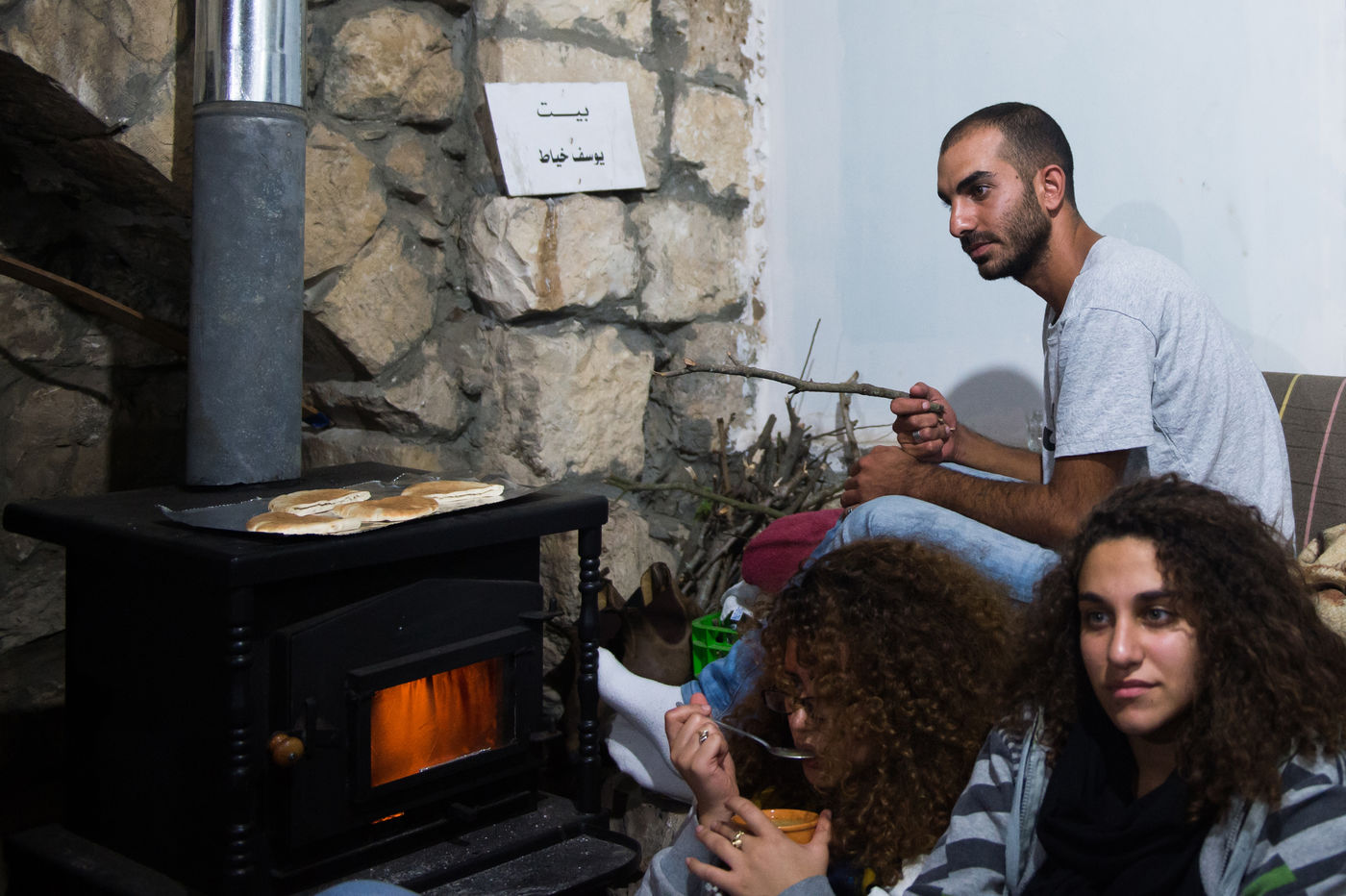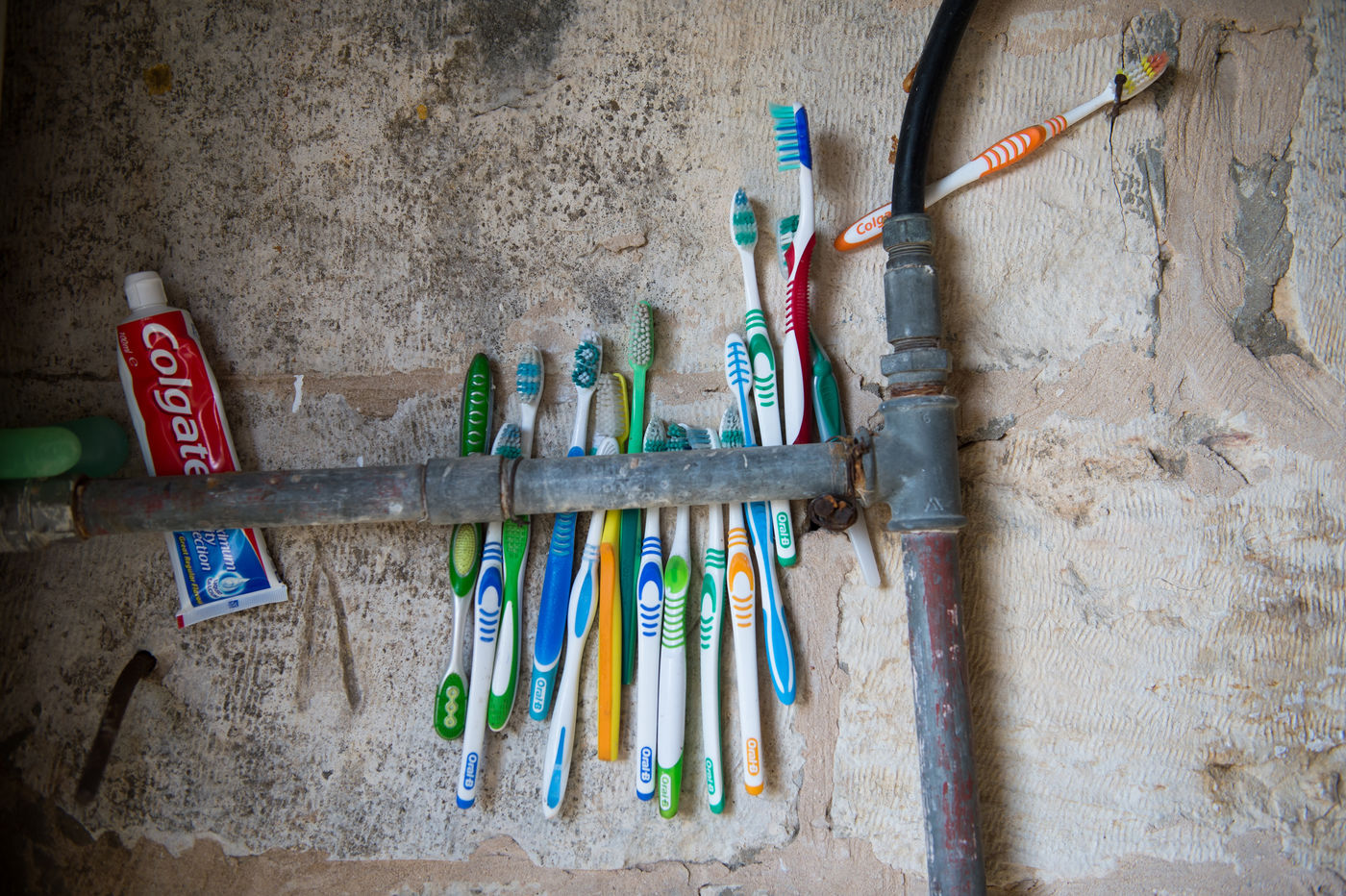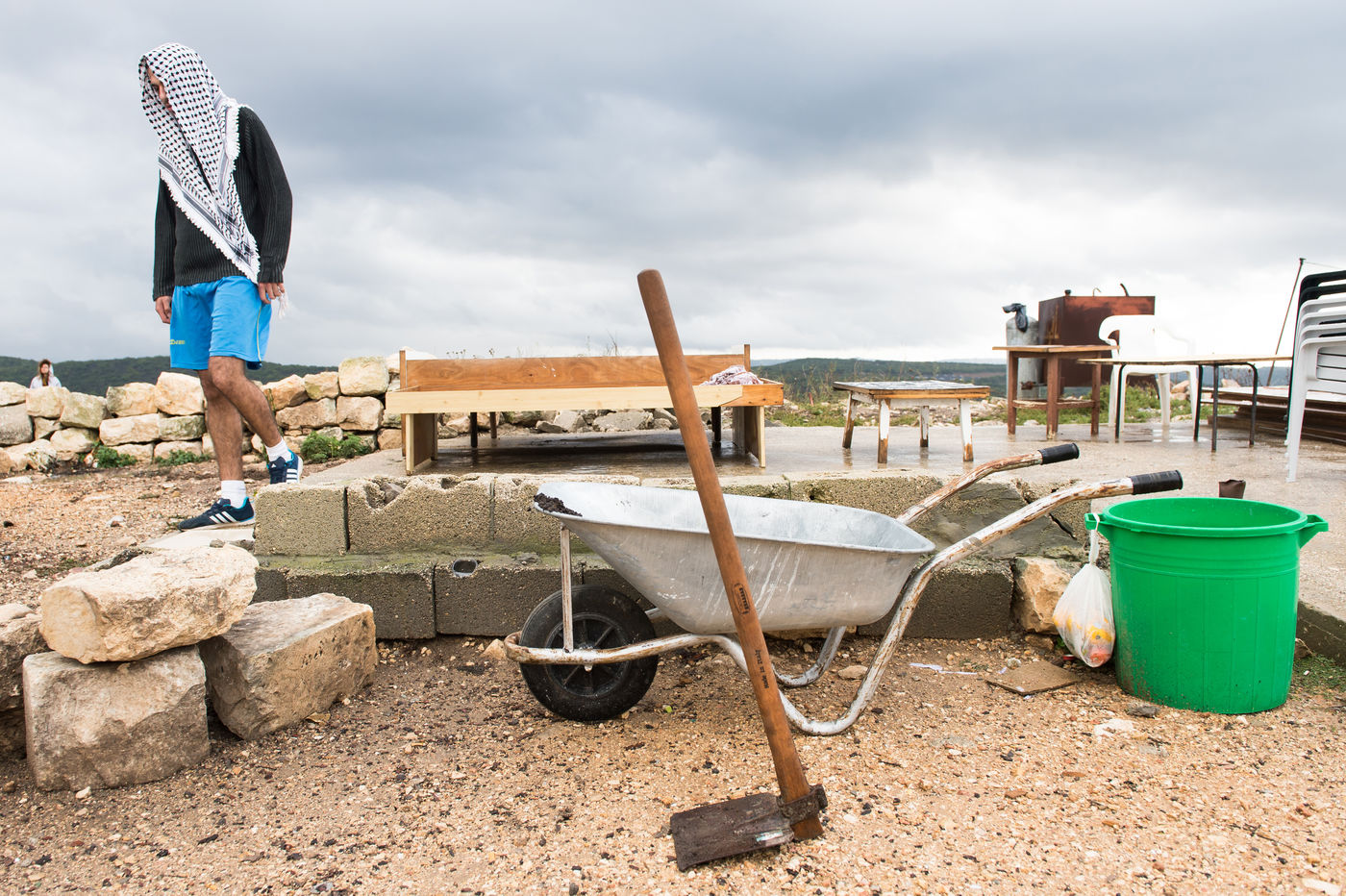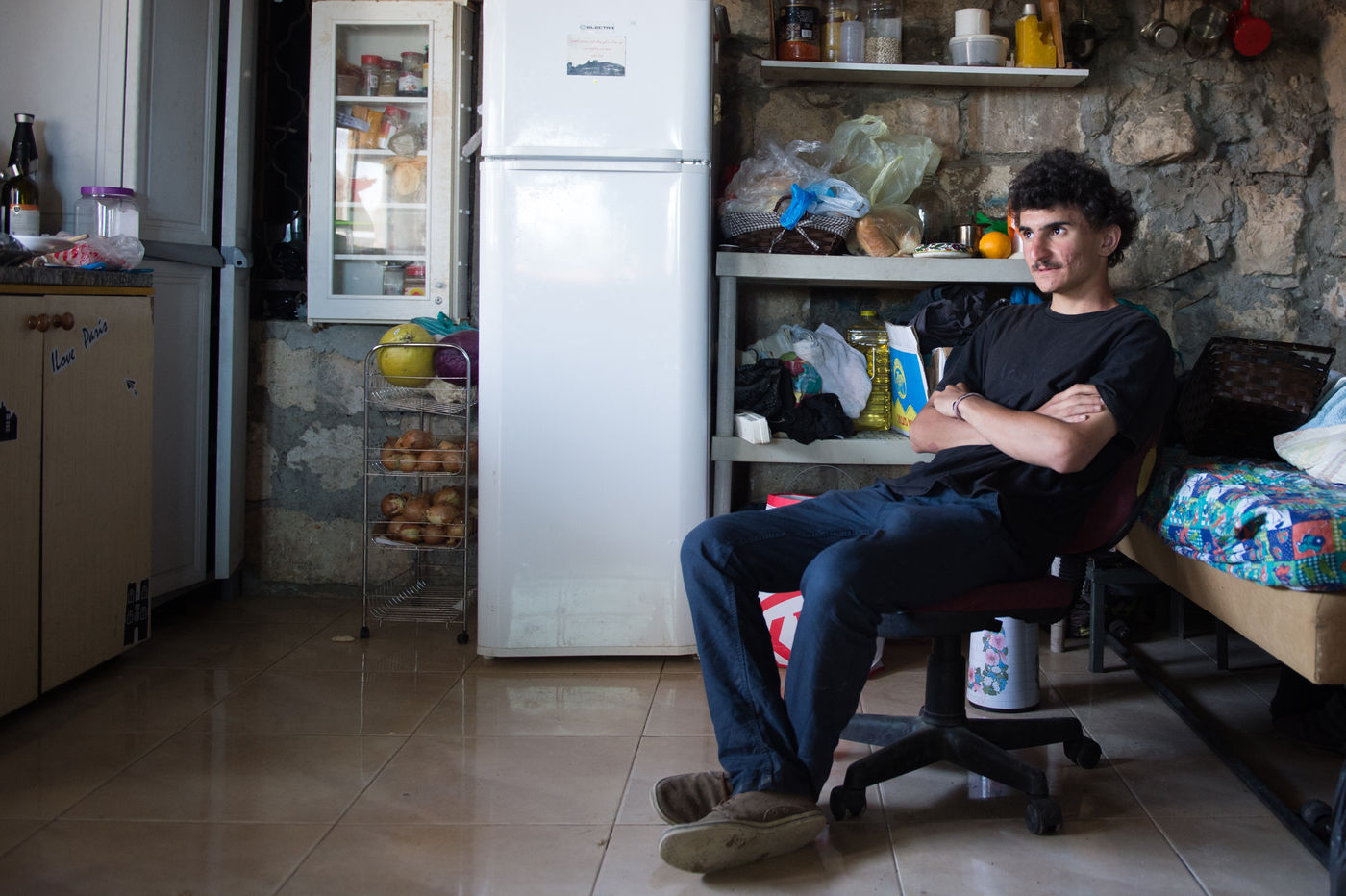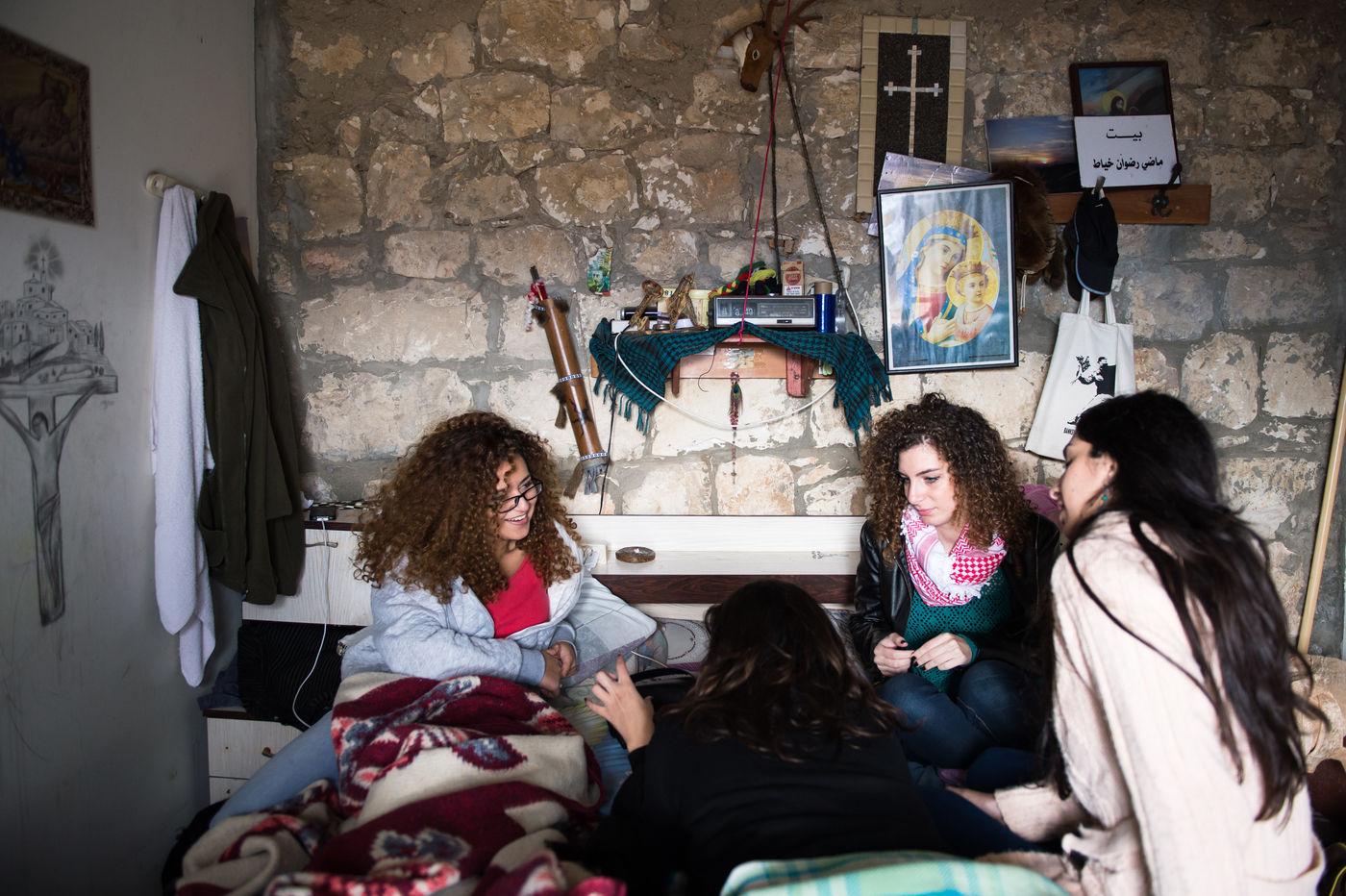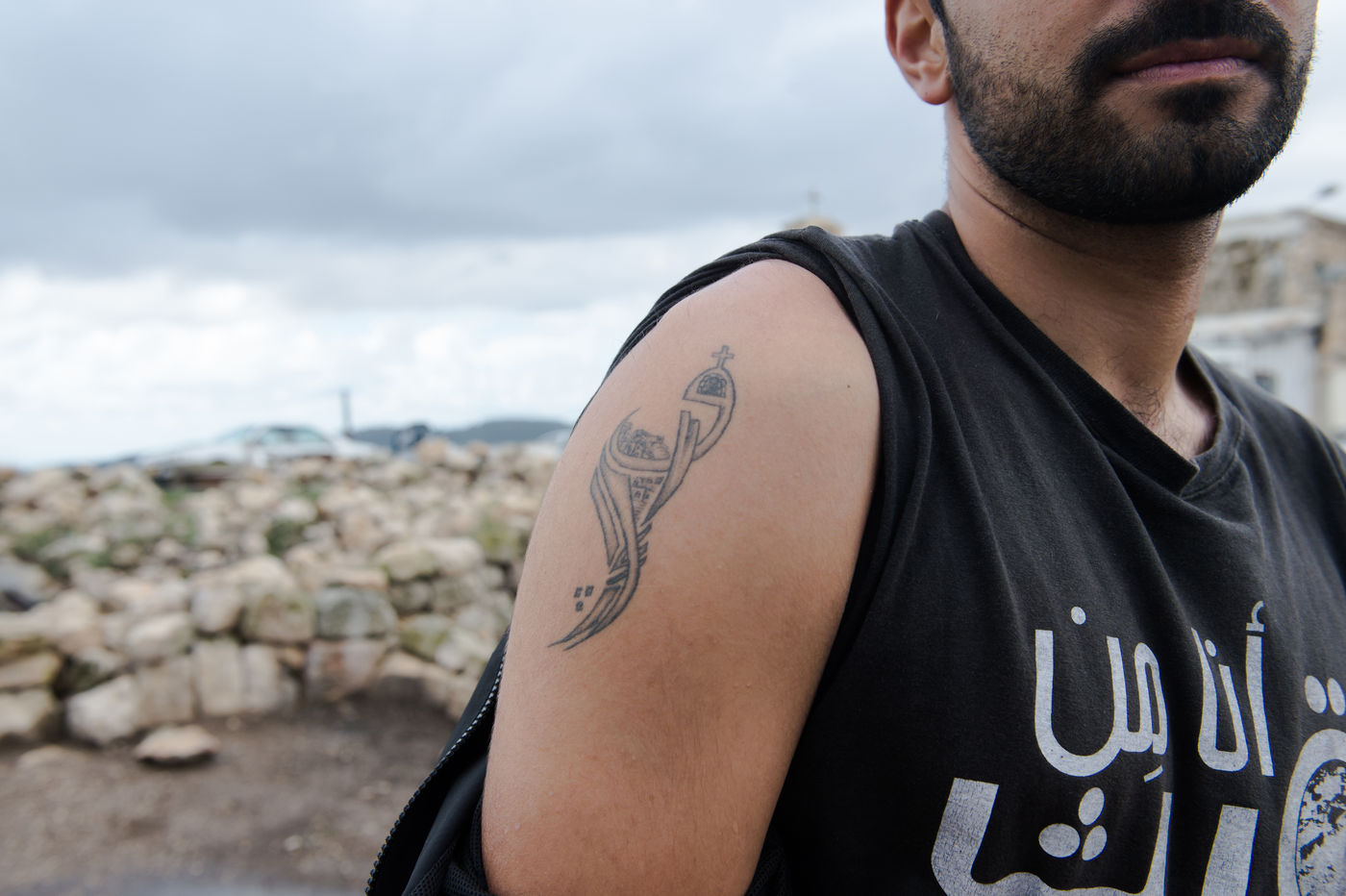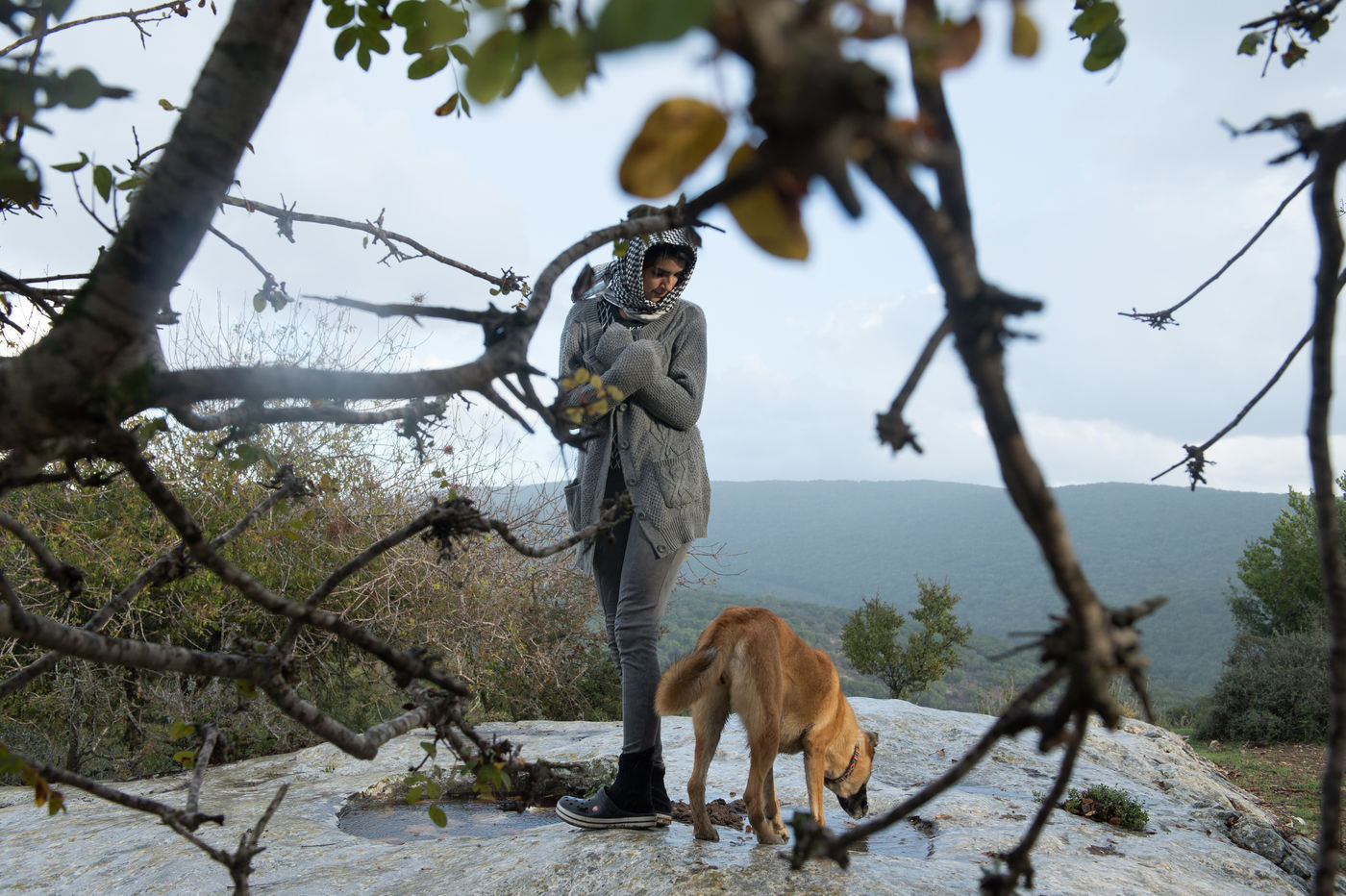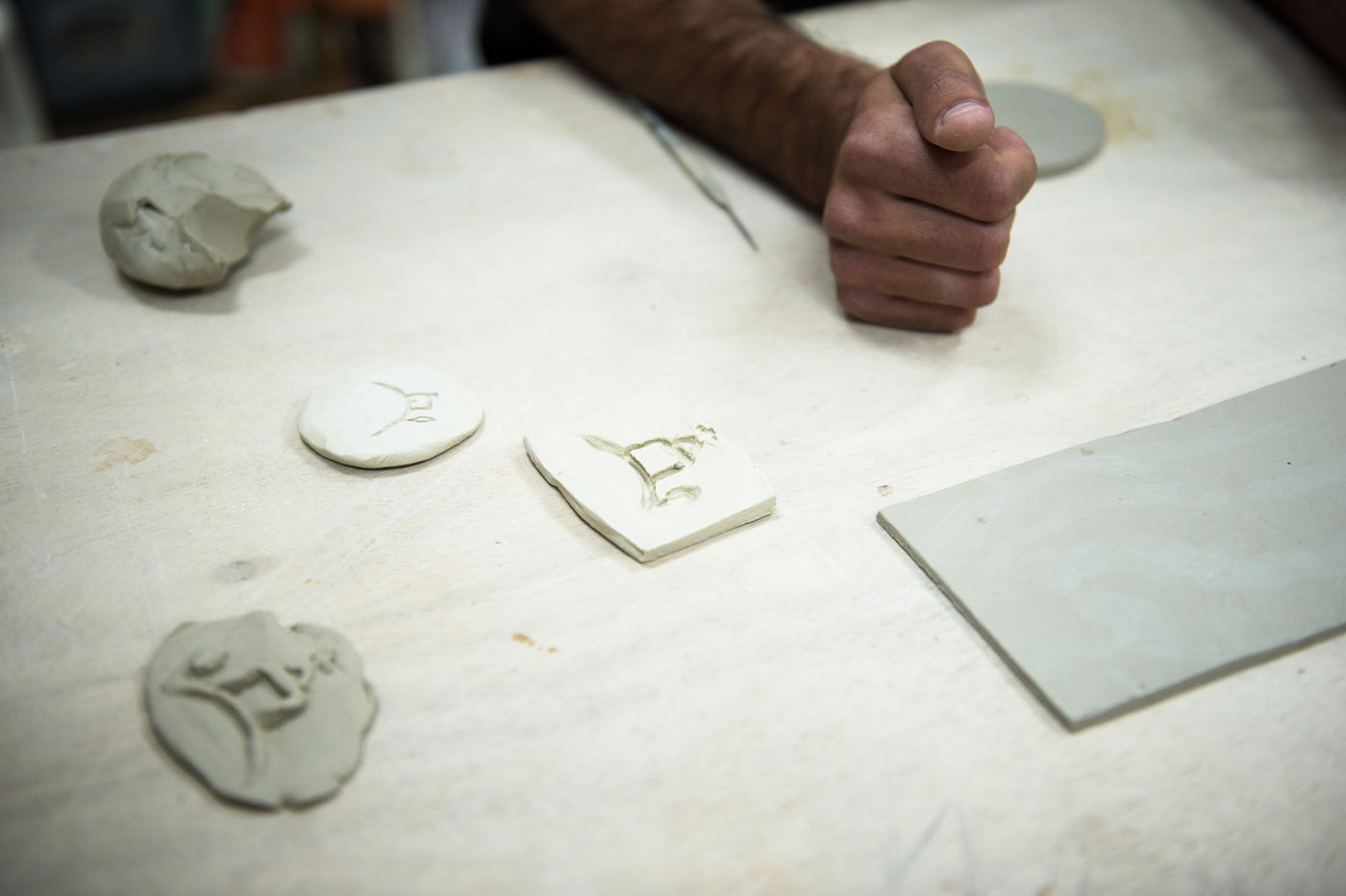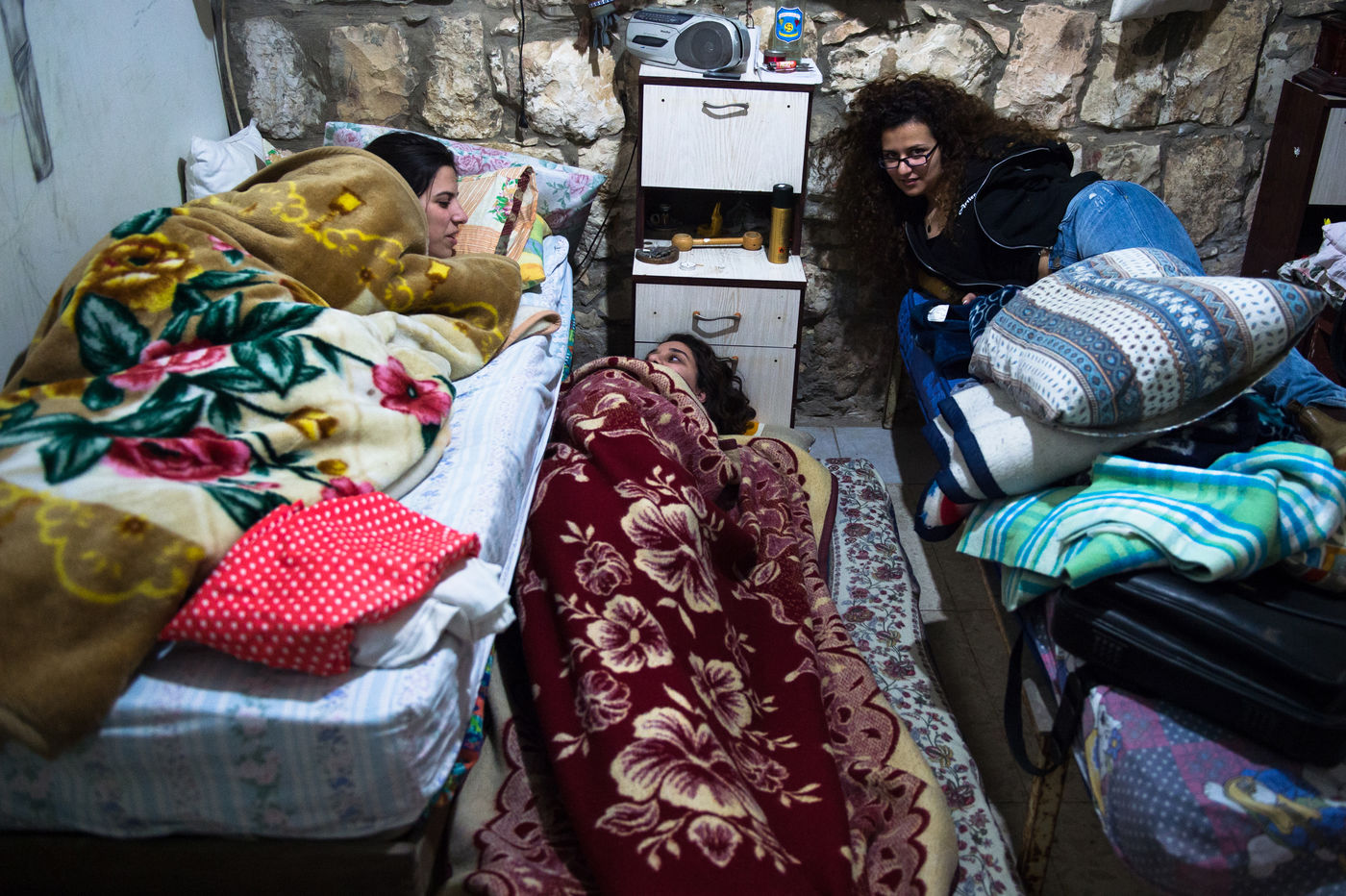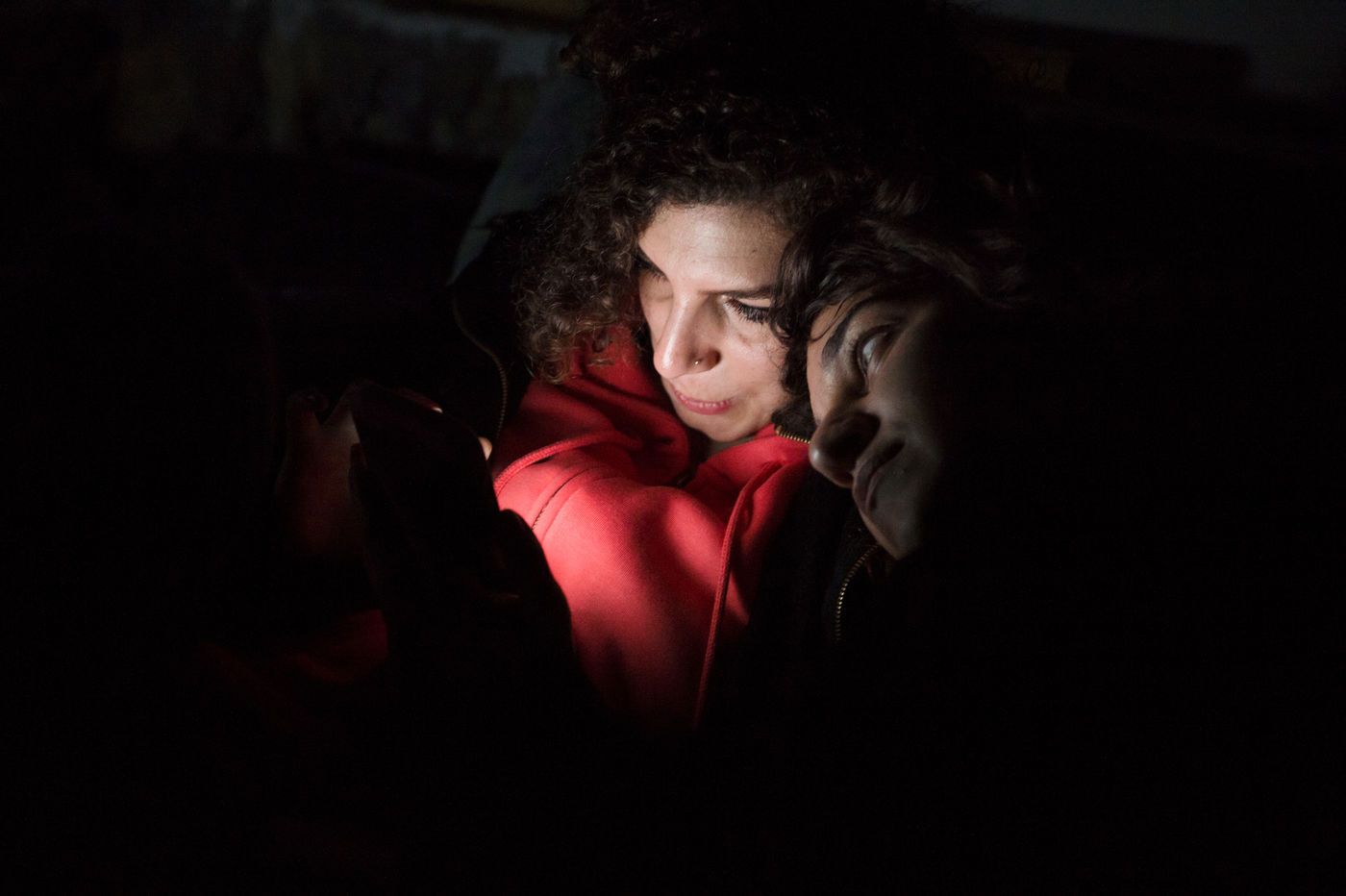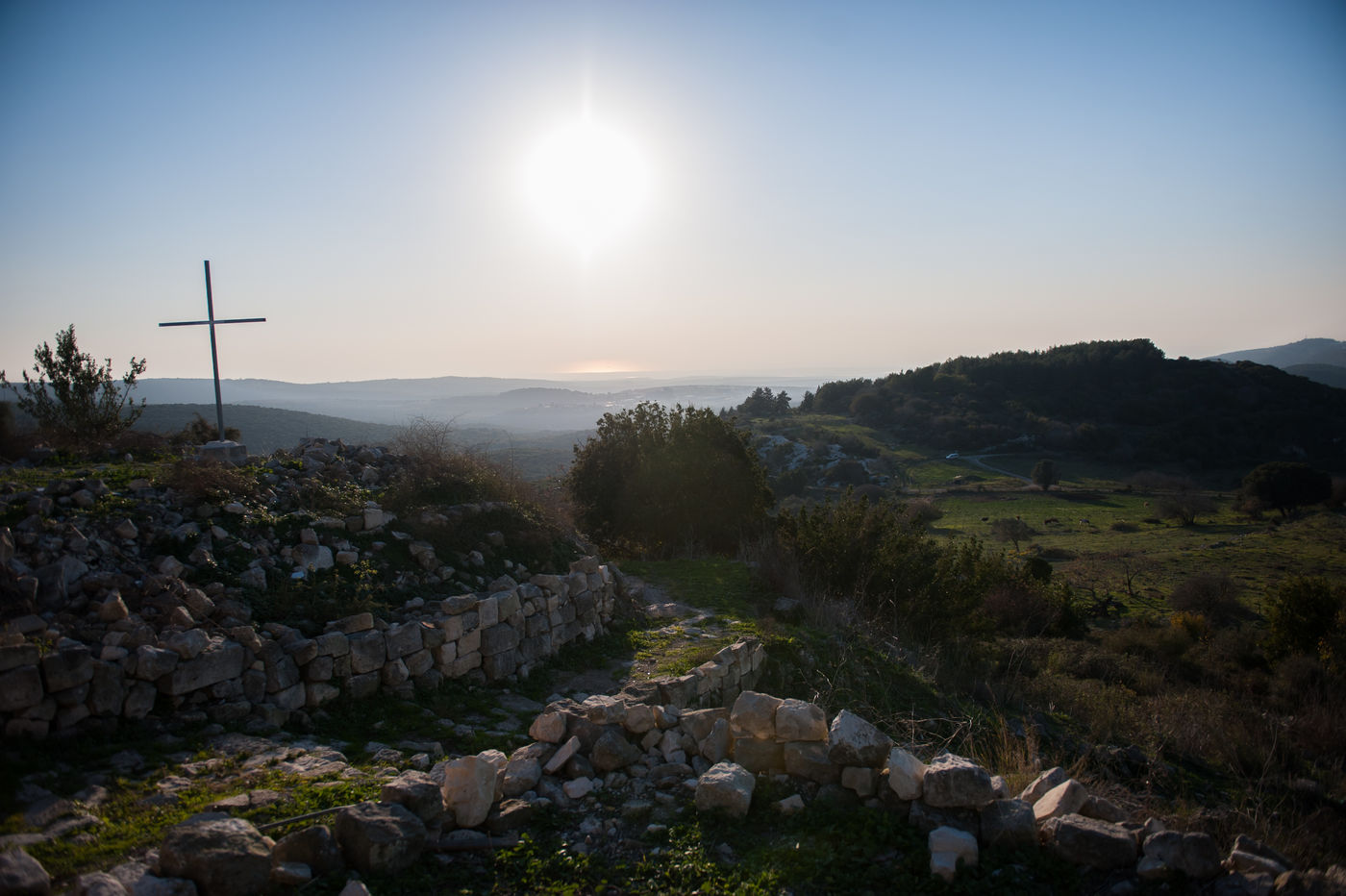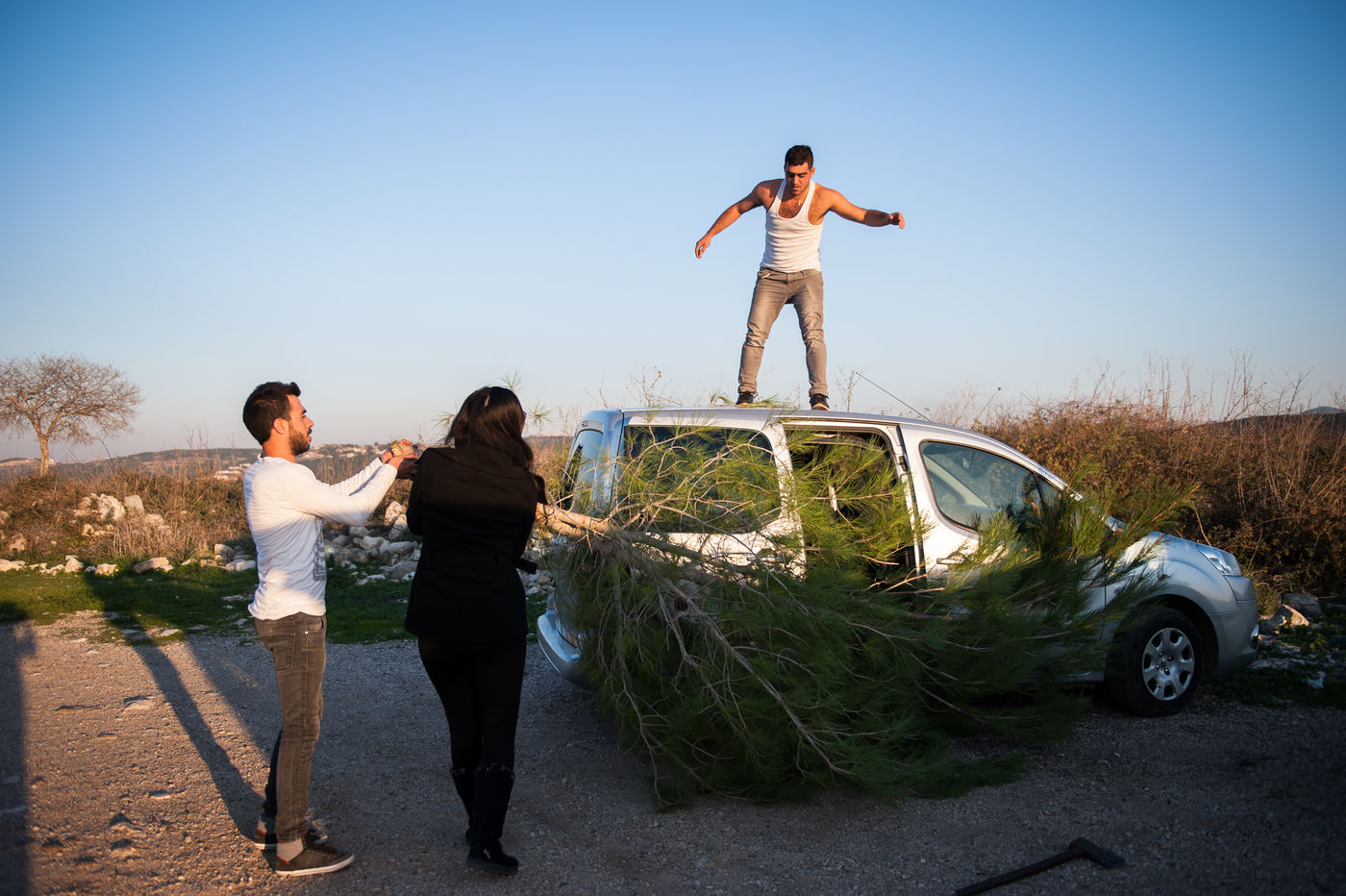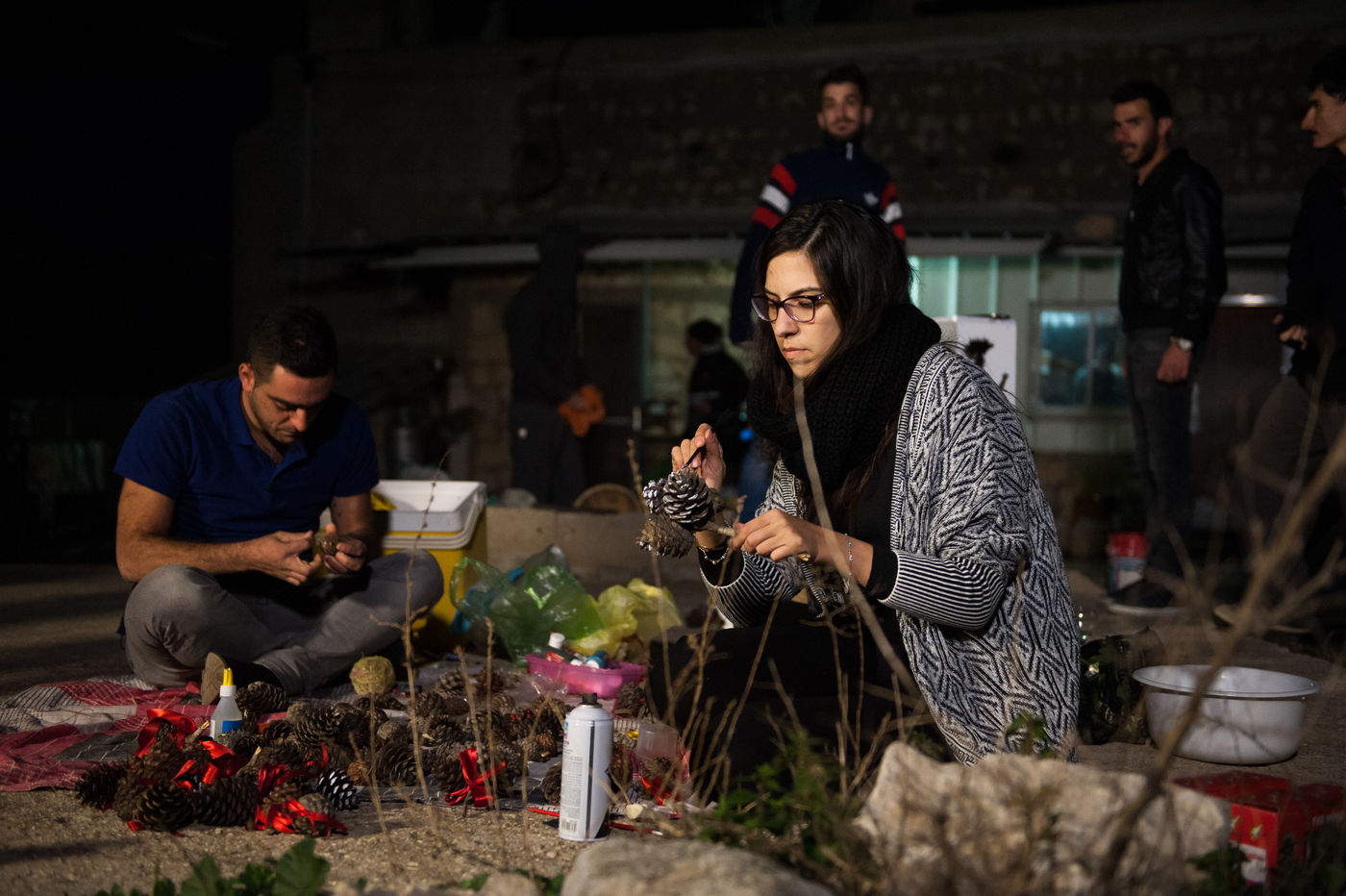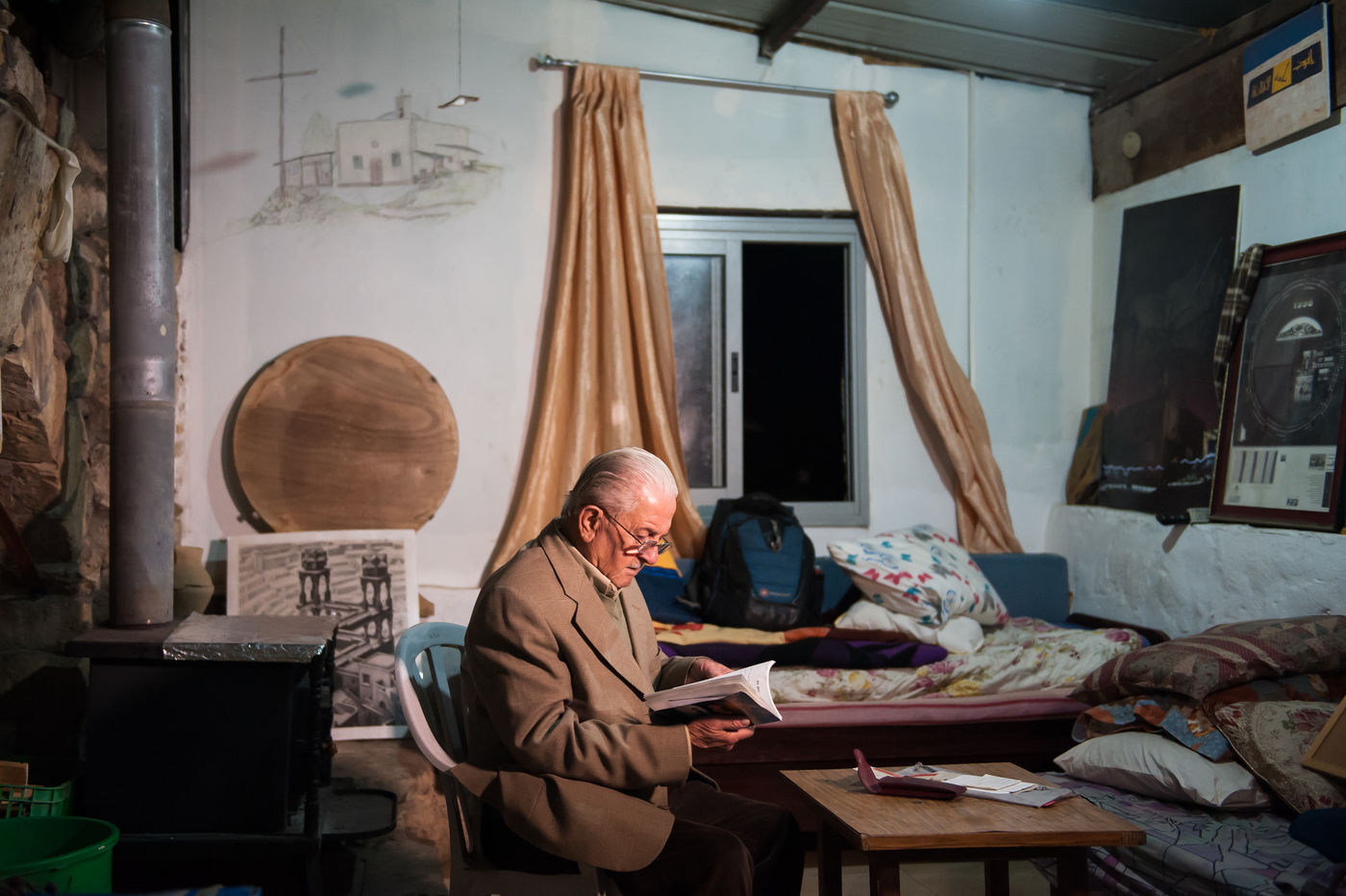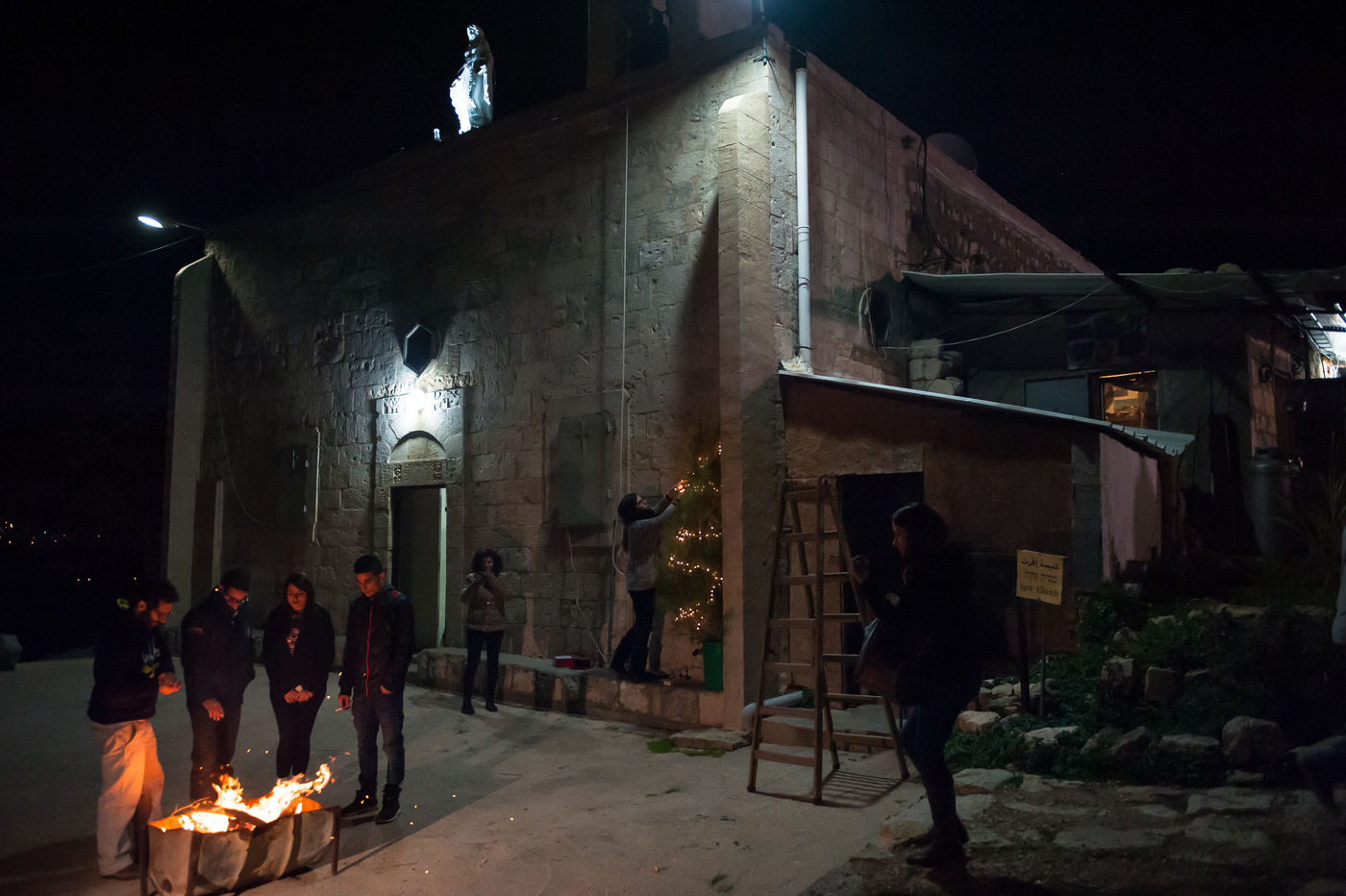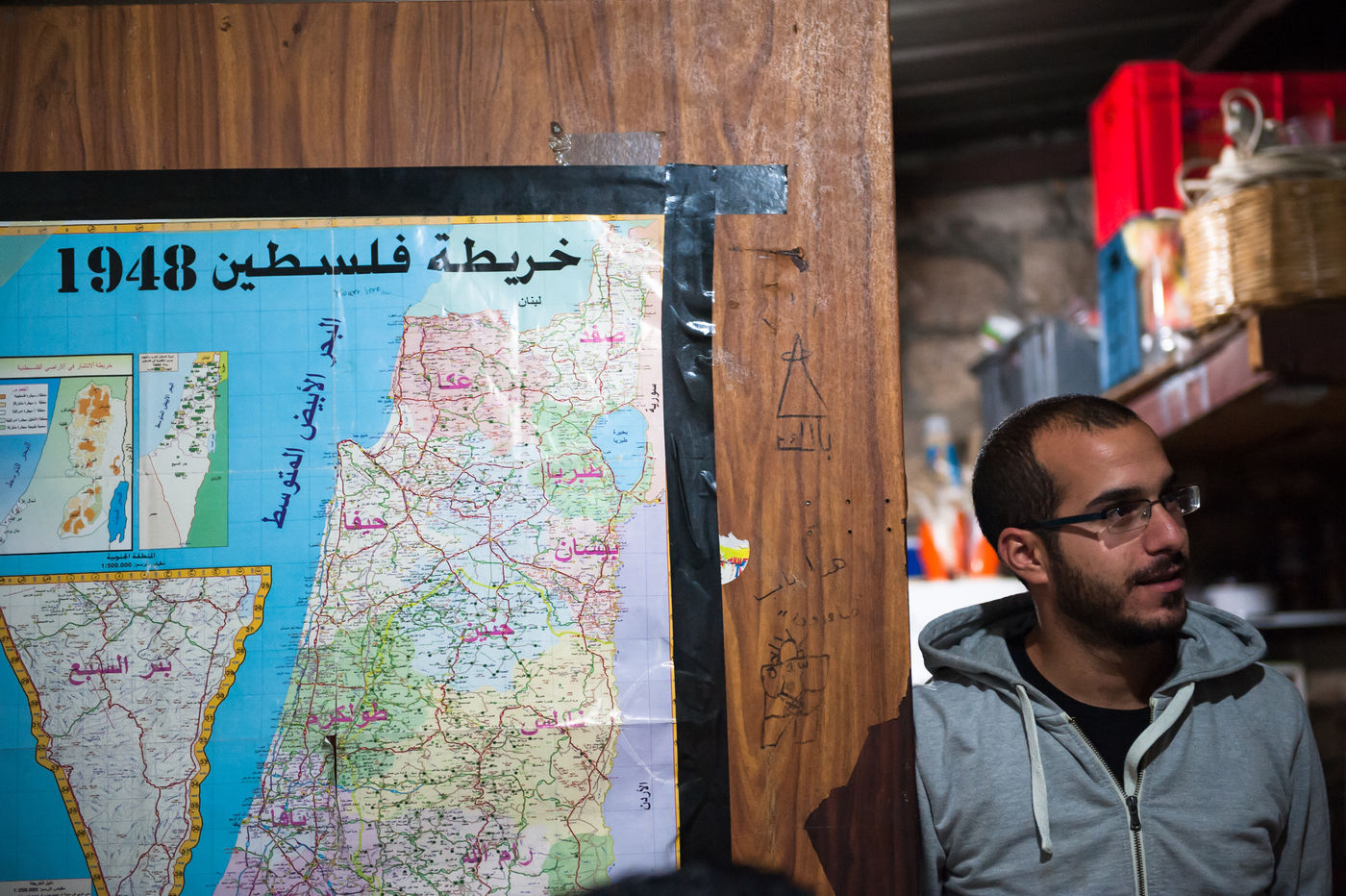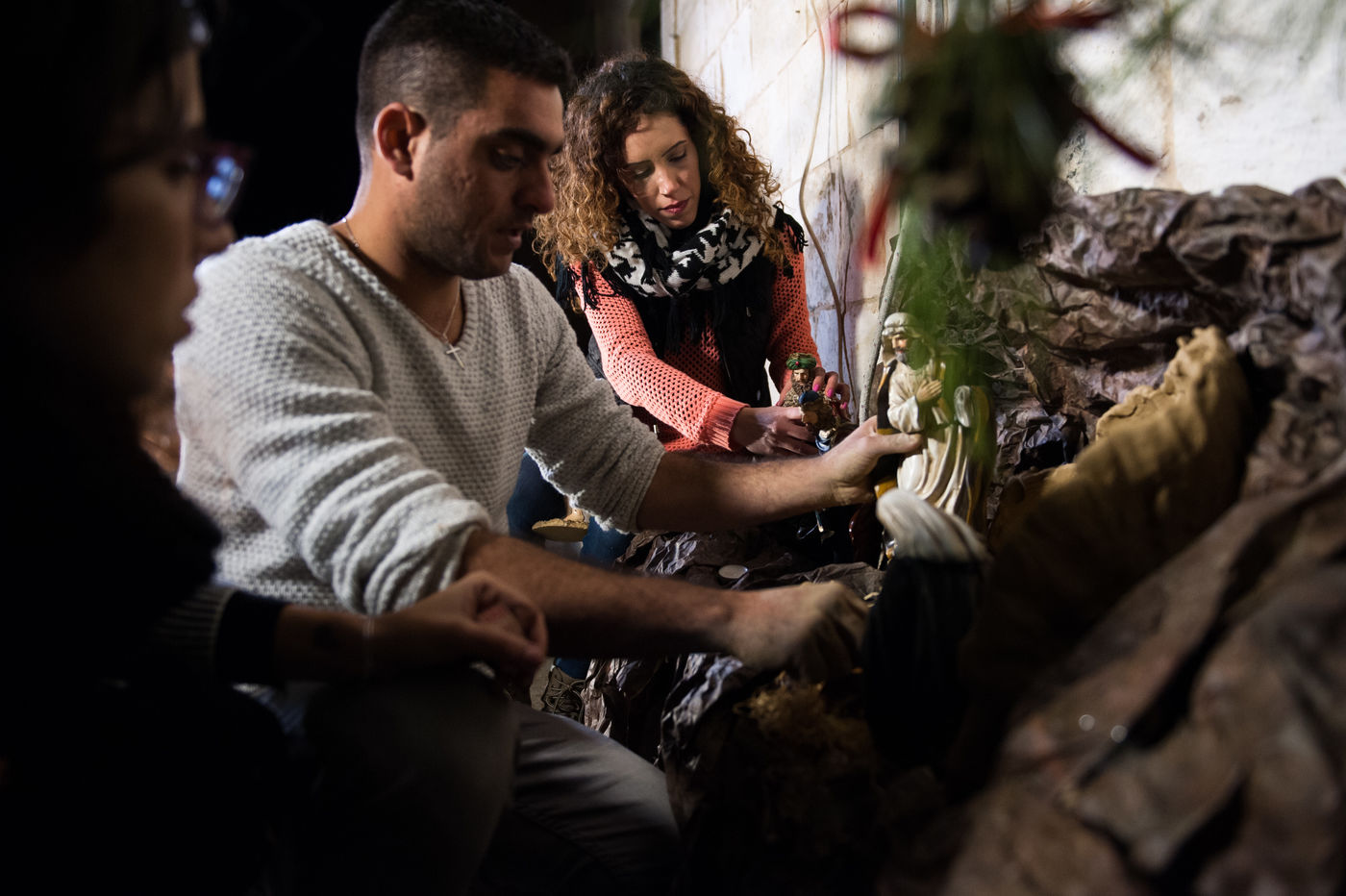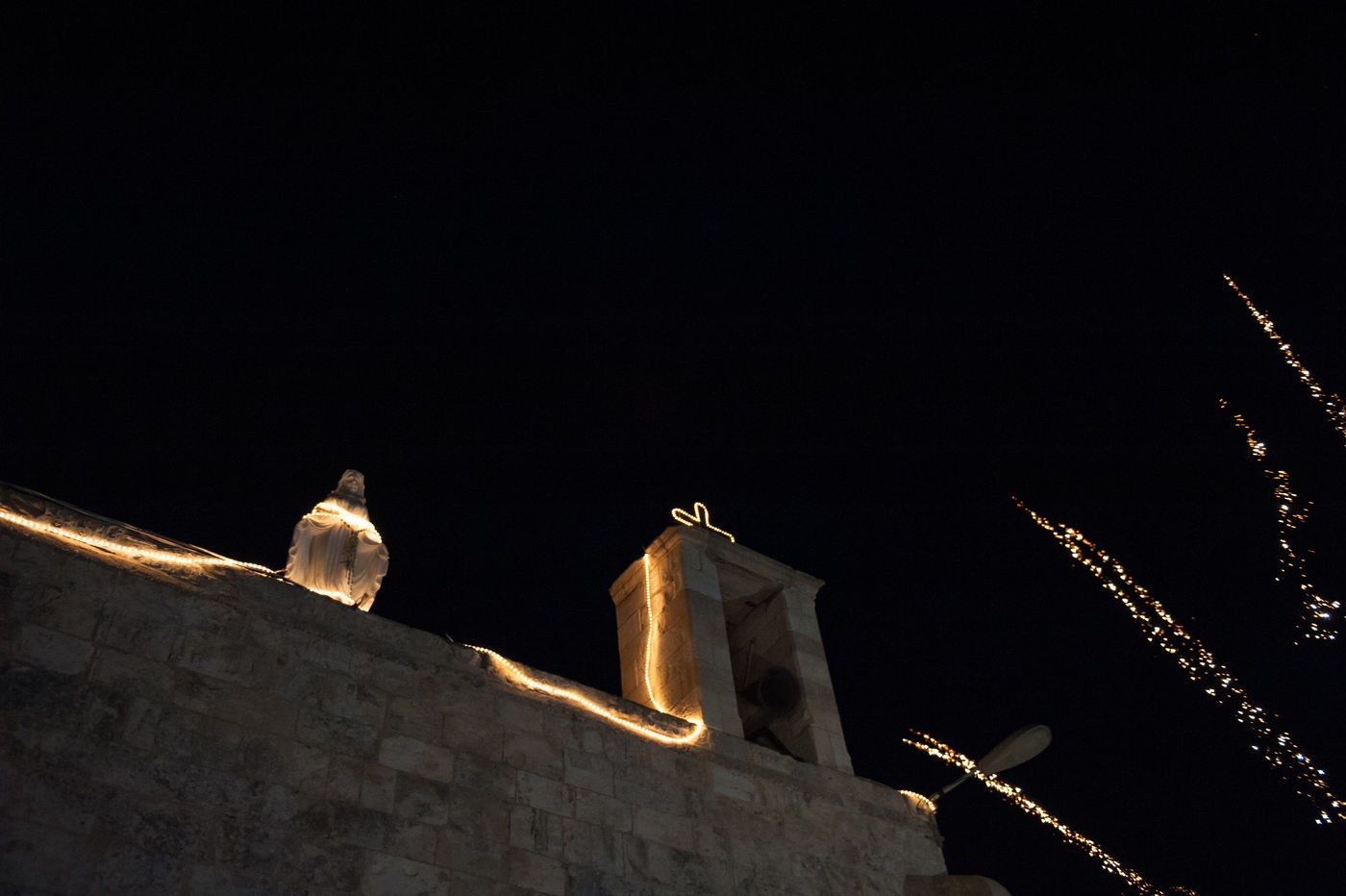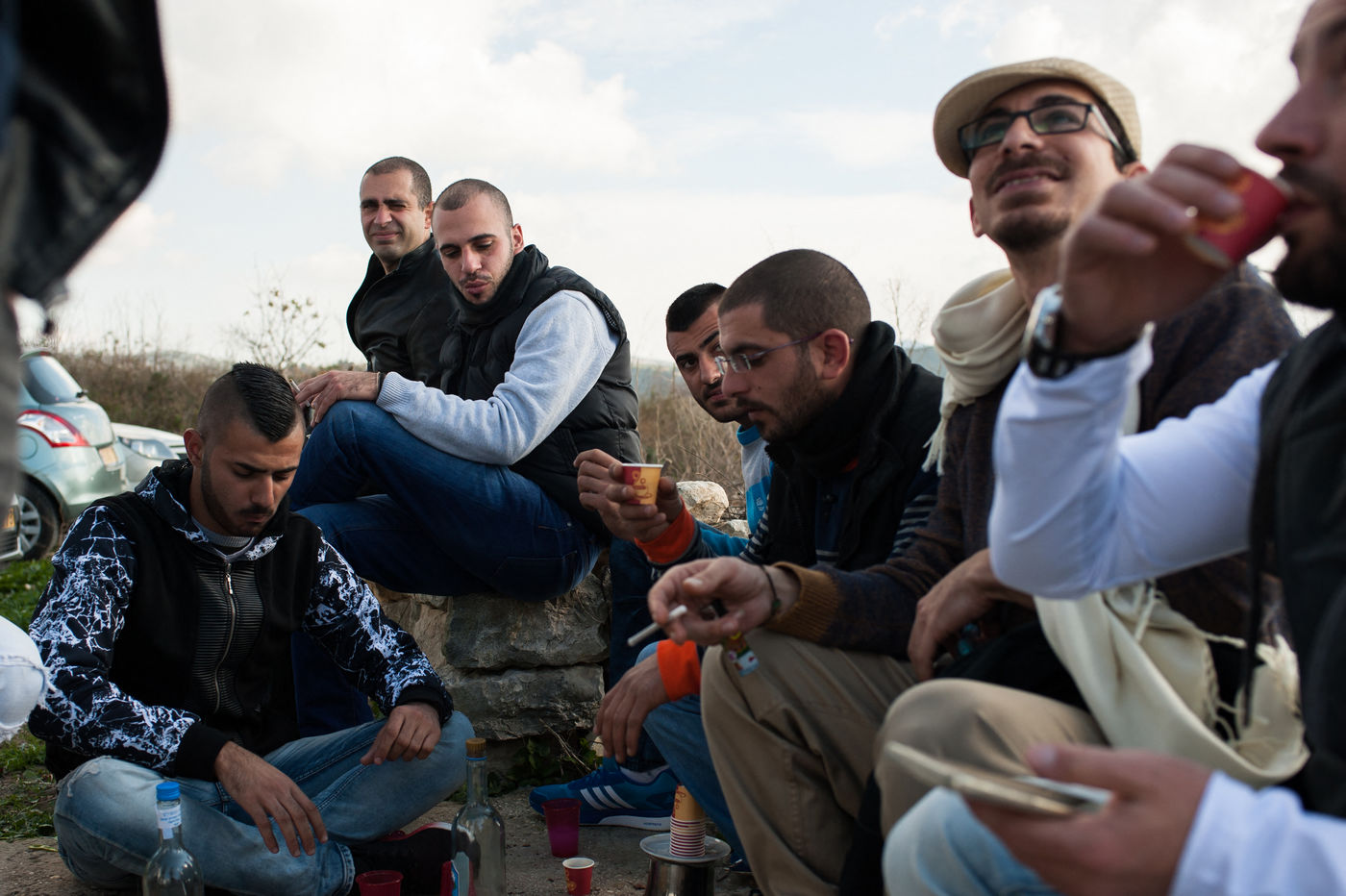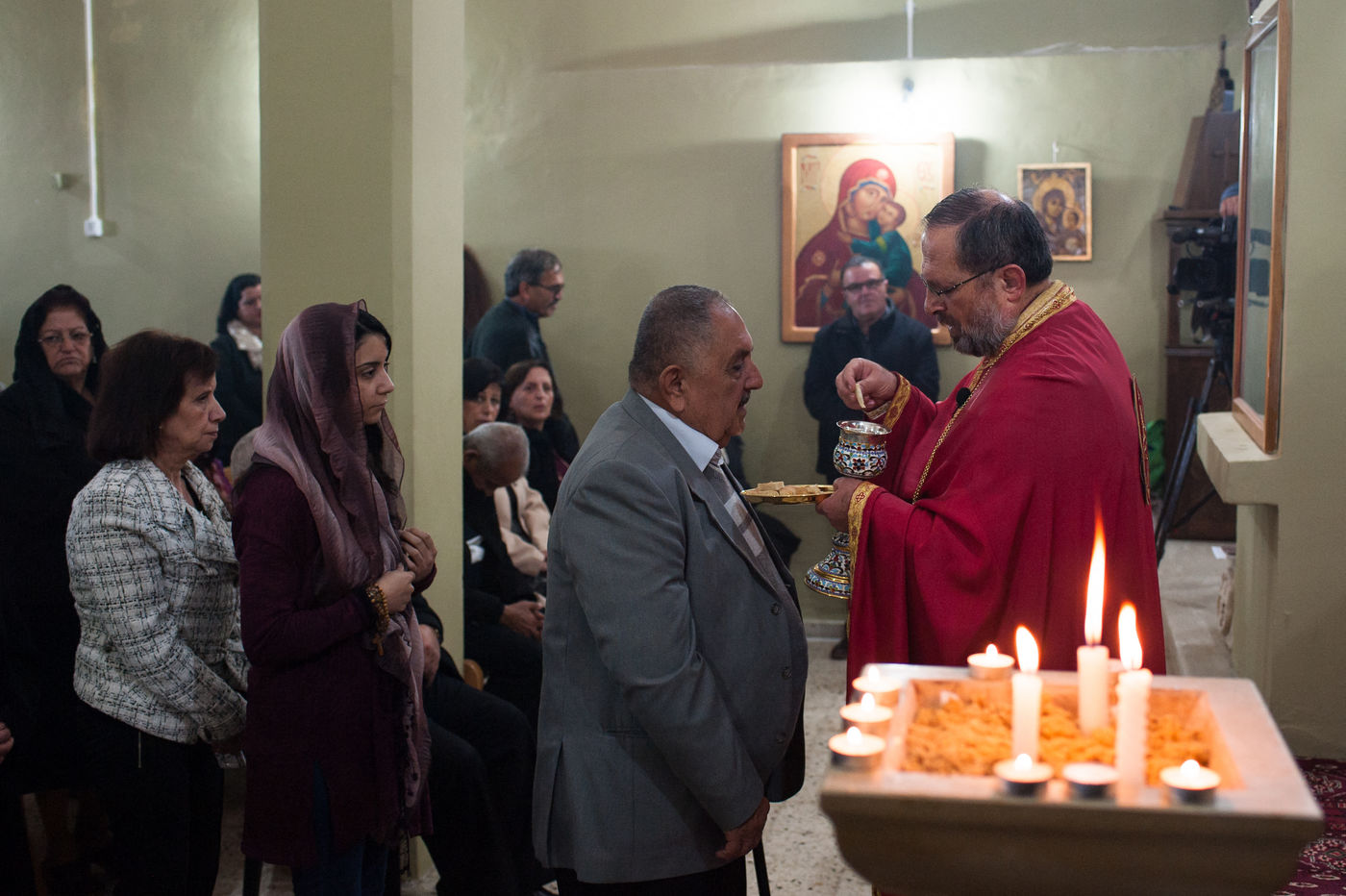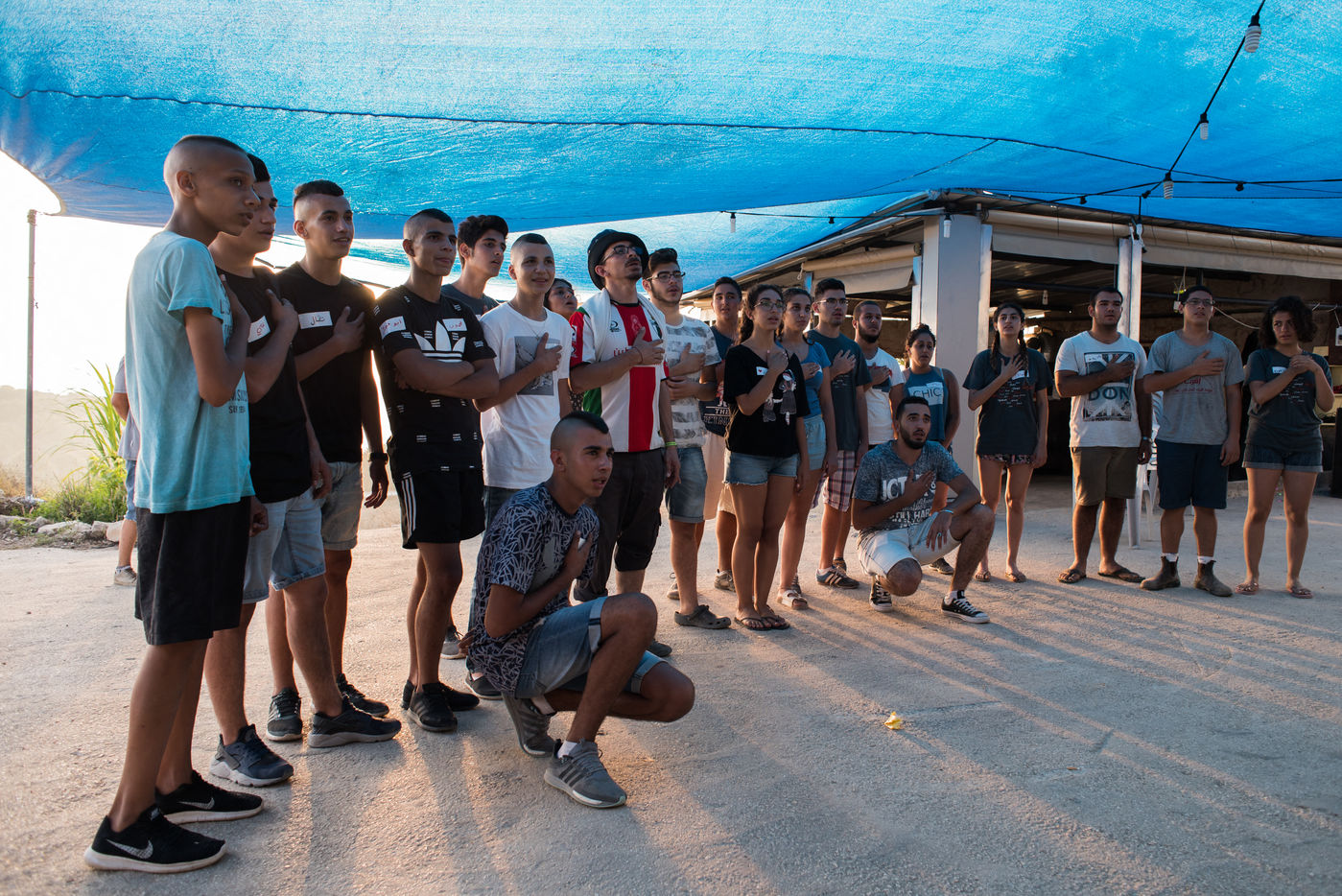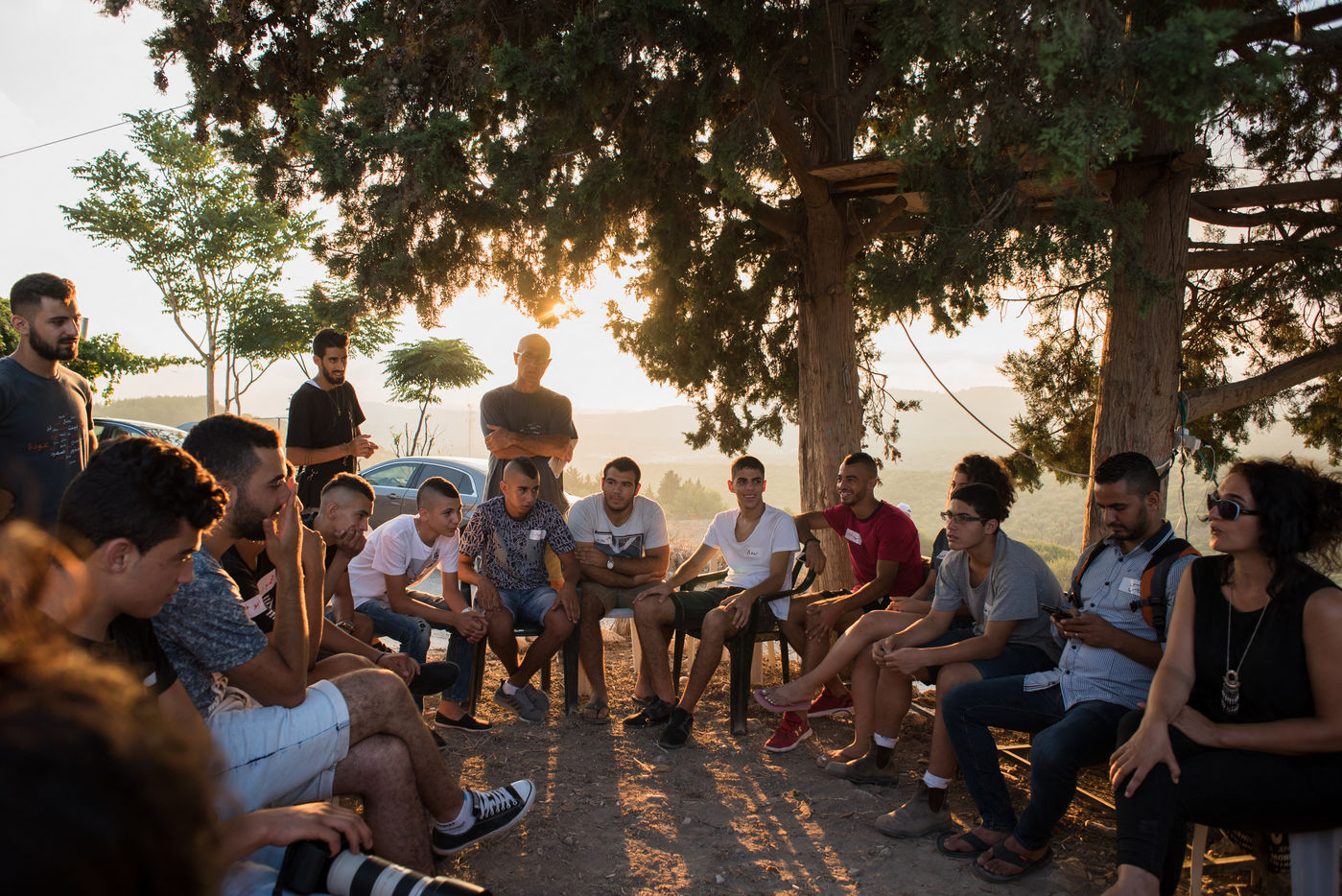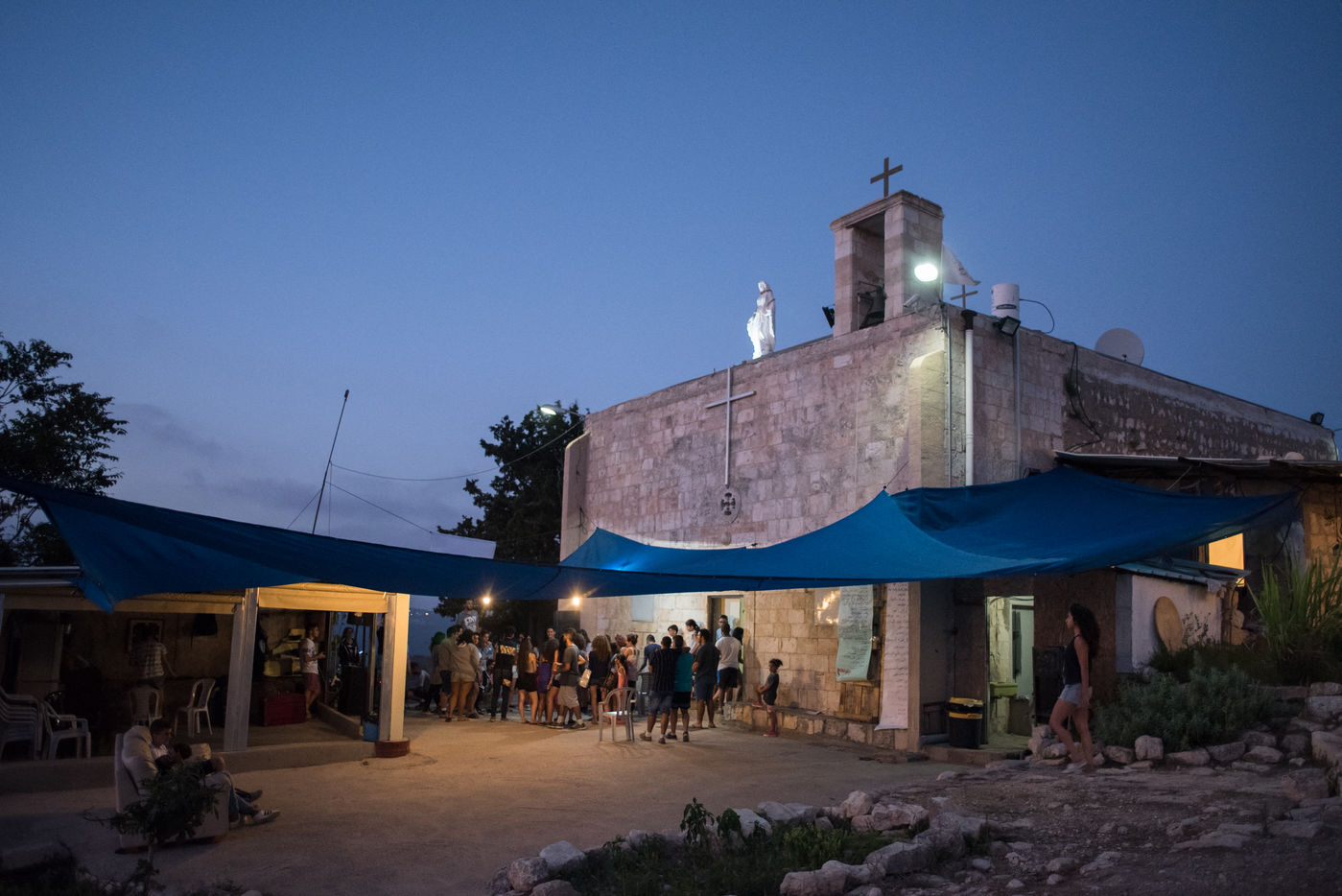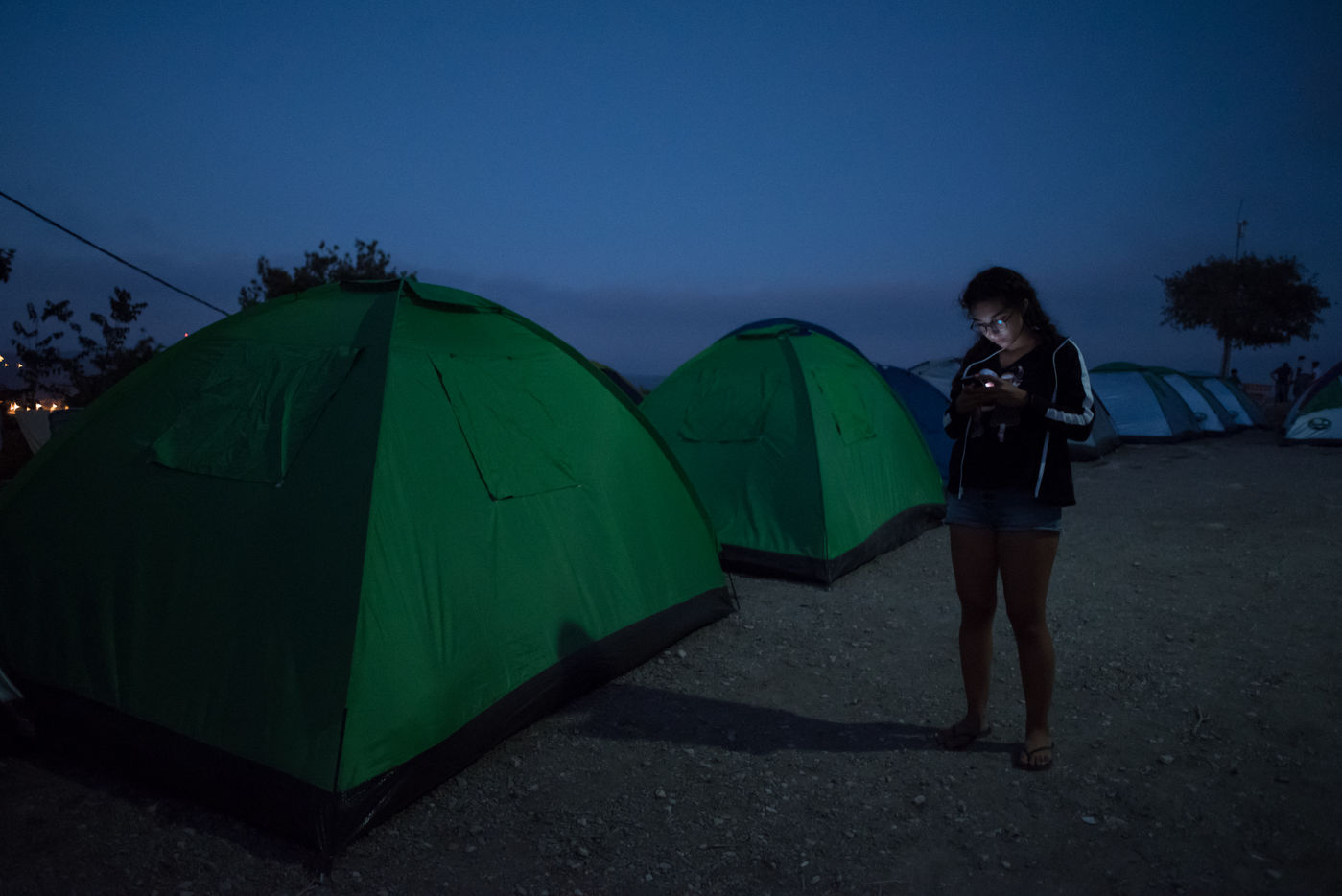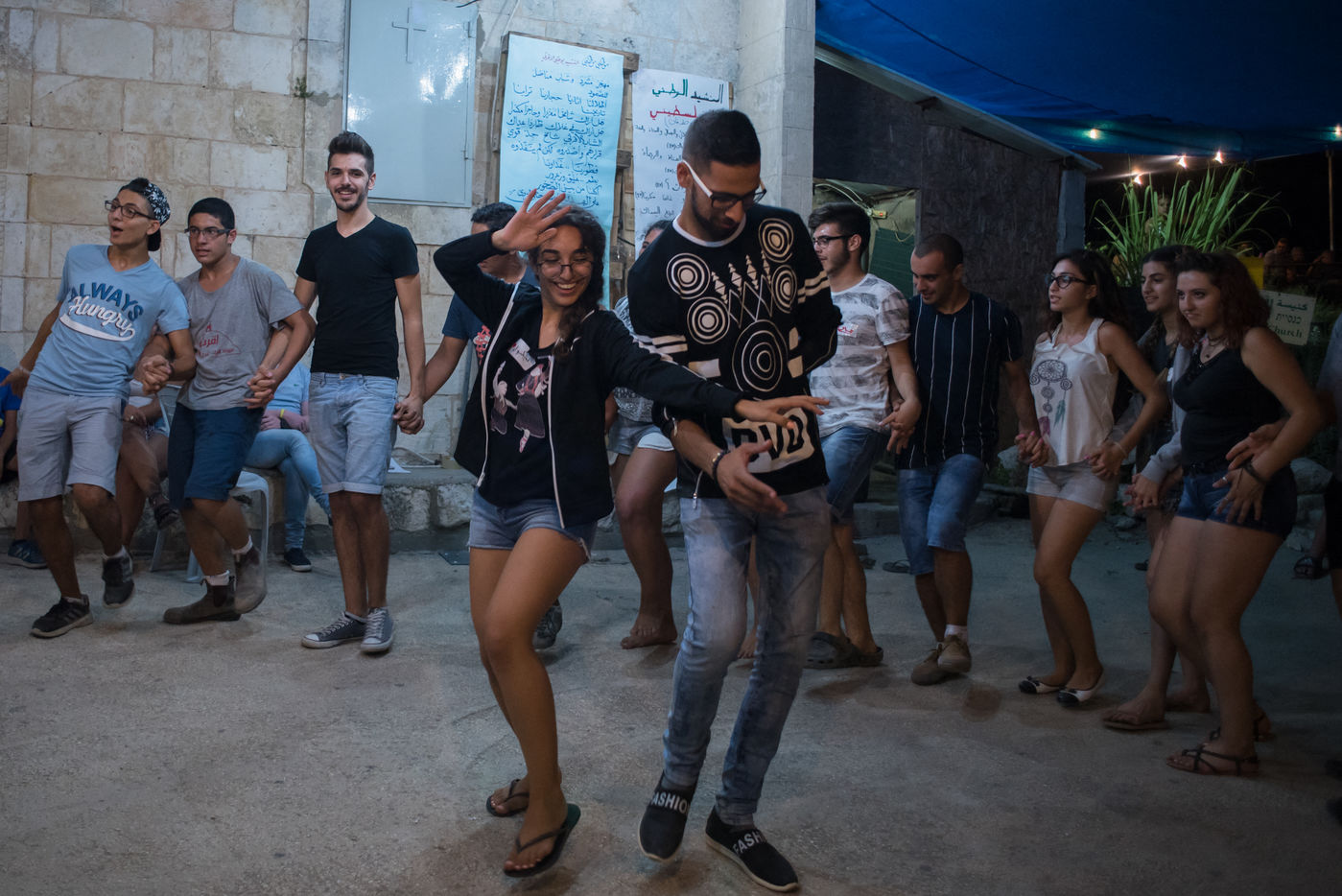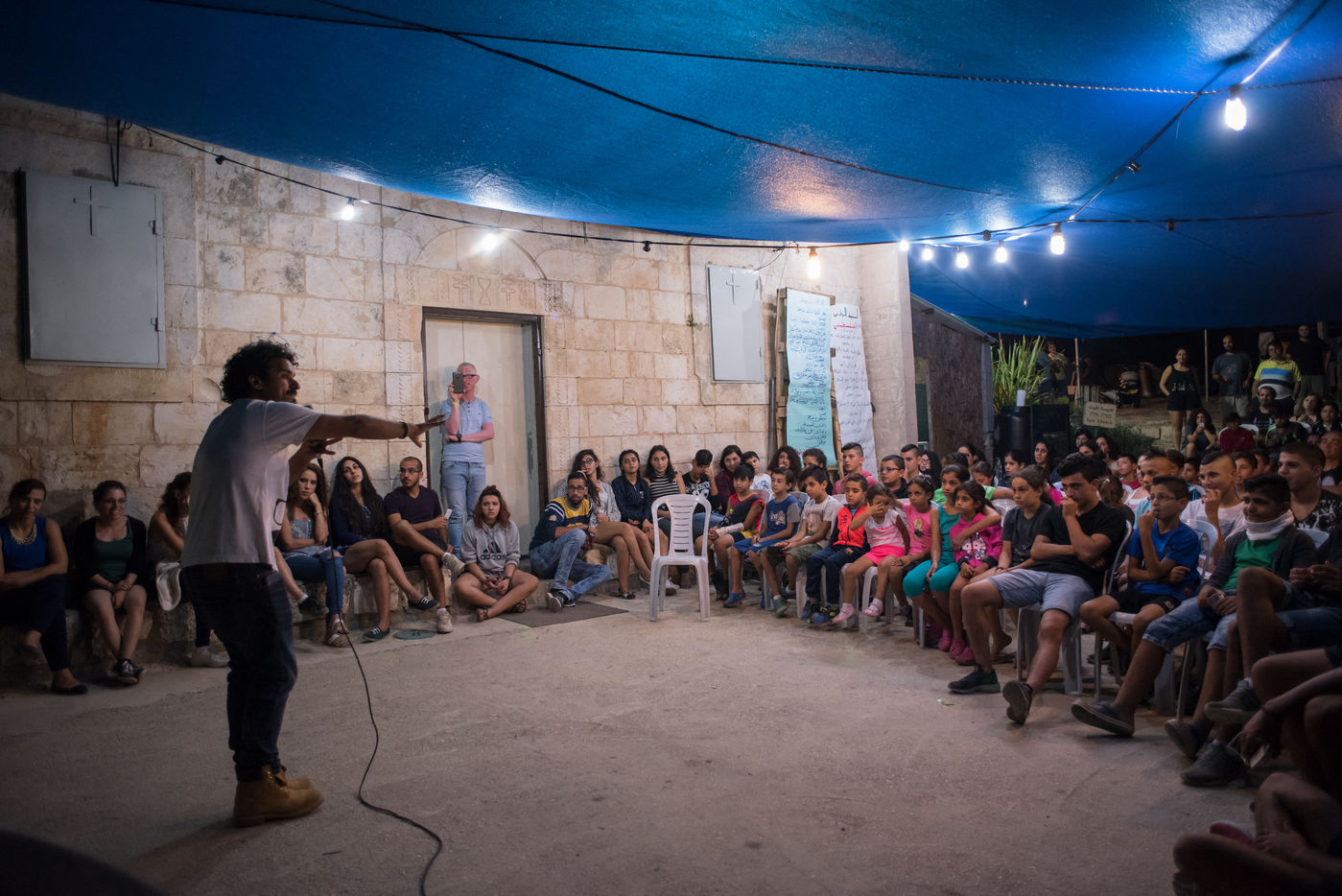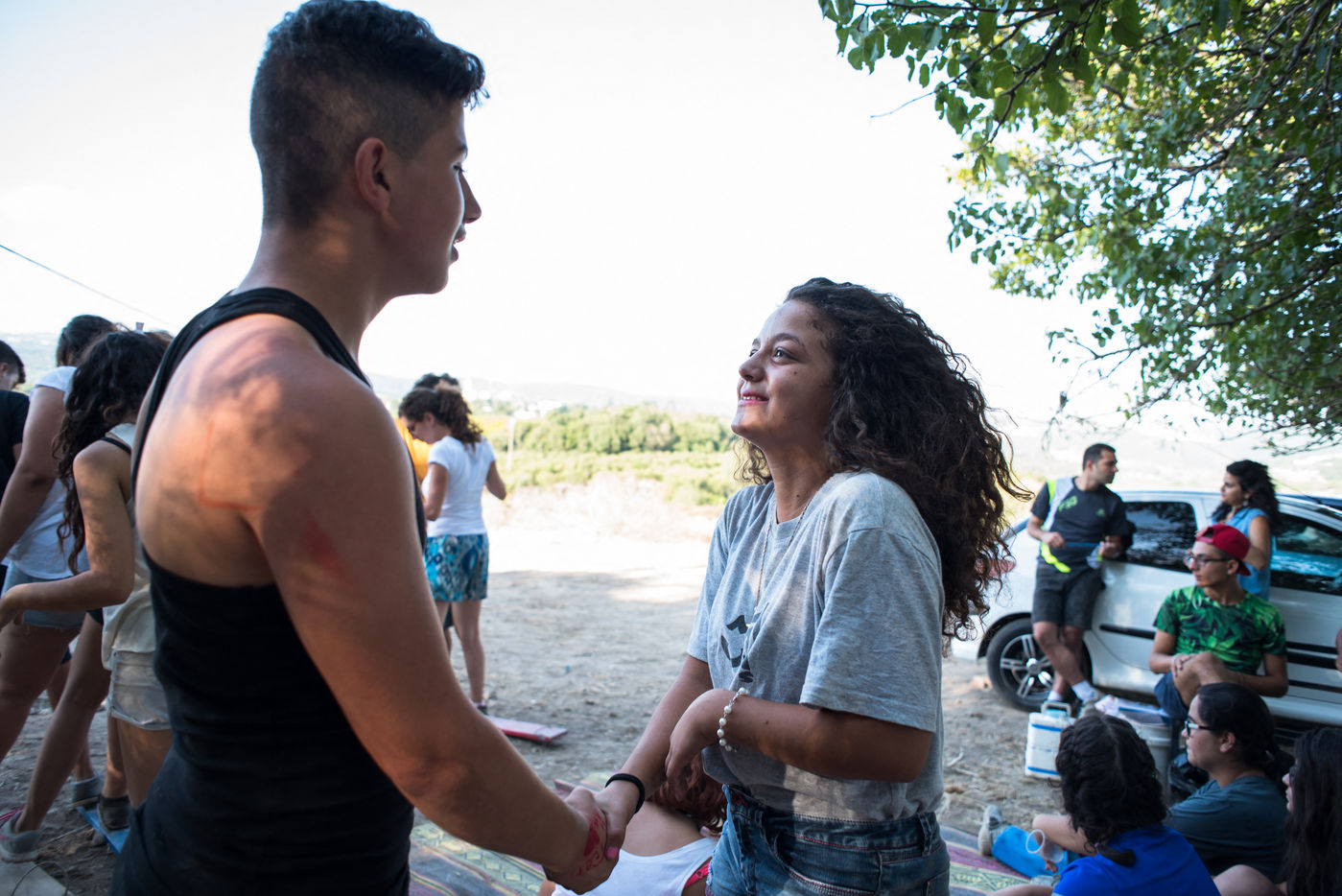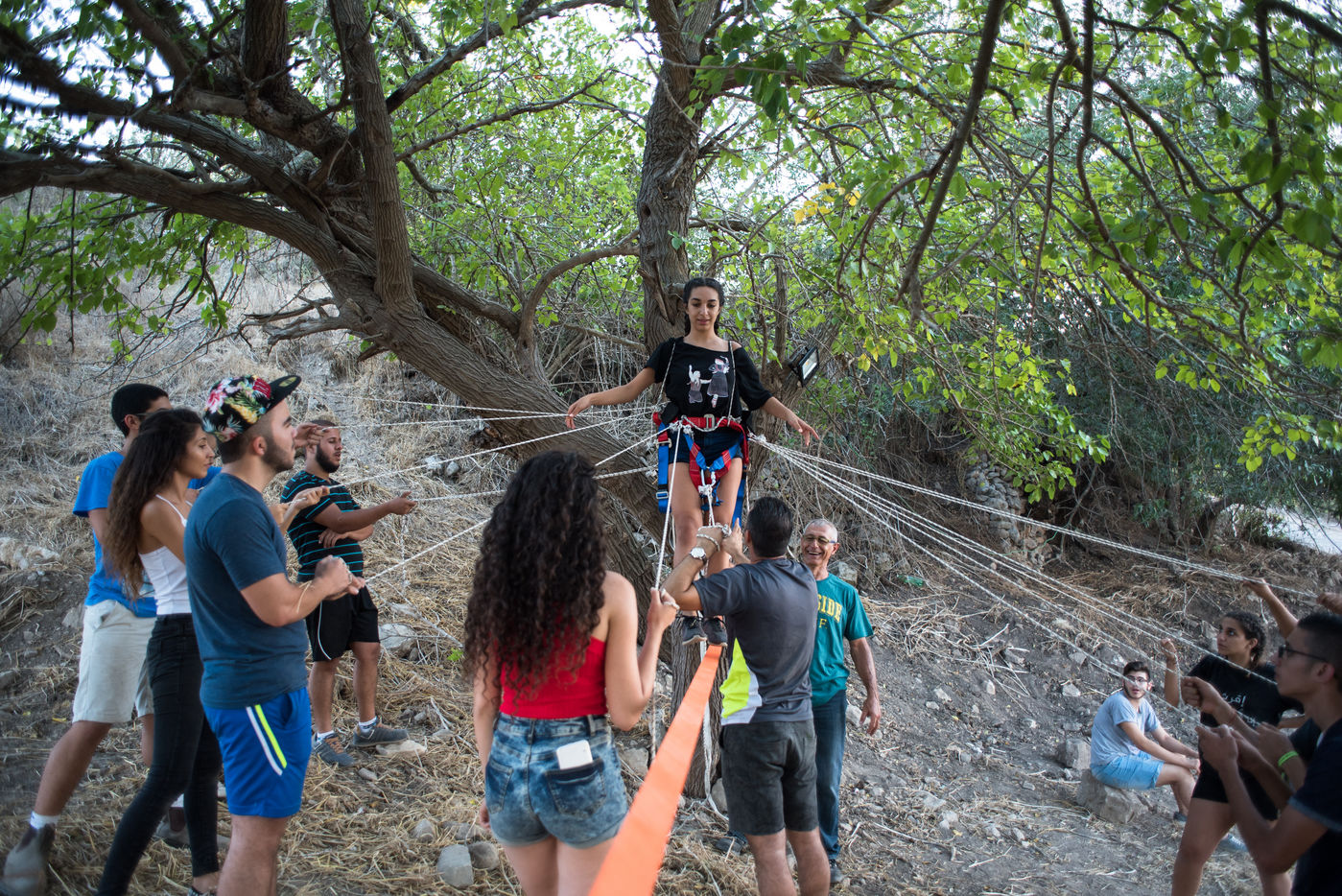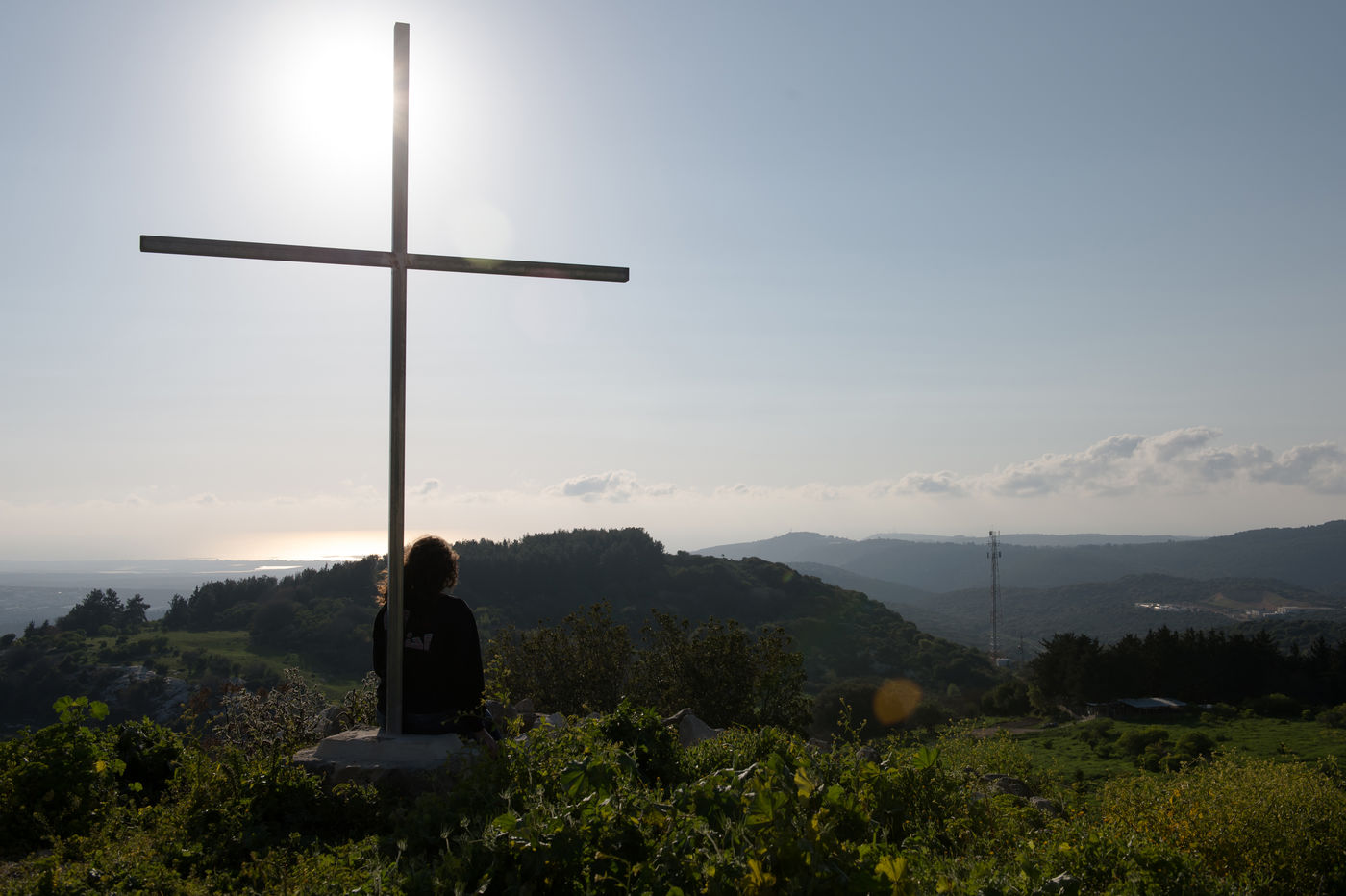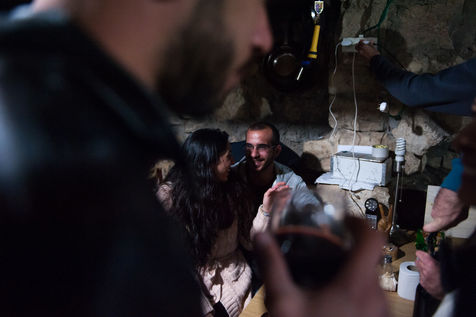Iqrit : going back home
"Golda Meir avait dit que la 3ème génération aurait tout oublié de la Nakba. Nous lui montrons qu'il n'en est rien".
Iqrit est un village situé en Galilée dans le nord d'Israël, à la frontière du Liban. En 1948, ses 490 habitants, tous palestiniens chrétiens catholiques, sont évacués par l'Etat d'Israël en raison d'opérations militaires, seulement pour 2 semaines, leur avaient promis les soldats ; mais finalement, ils ne purent jamais retourner chez eux, Iqrit ayant été déclarée "zone militaire". Mais en juillet 1951, la Cour Suprême de Justice d'Israël émet un arrêt historique donnant le droit aux habitants d'Iqrit de retourner habiter chez eux. Le gouvernement israélien ignore cette décision, et le 24 décembre 1951, sous les yeux du maire, l'armée démolit entièrement le village, à l'exception de l'église et du cimetière, qui existent toujours à ce jour. Dans les années 1970, et suite à de nombreux recours en justice, l'Etat d'Israël autorise les déplacés à utiliser le cimetière d'Iqrit pour leurs funérailles, et l'église pour leurs offices religieux, mais toujours pas à rentrer chez eux.
Aujourd'hui, la communauté d'Iqrit, descendants inclus, comptabilise environ 1 300 personnes. Ils vivent tous dans la région du nord d'Israël, ont tous la nationalité Israélienne, mais sont déterminés à revenir à Iqrit et à reconstruire leurs maisons. Ils continuent d'utiliser l'église pour les messes, les baptêmes et les mariages, ainsi que le cimetière pour les funérailles ; depuis 1995, des camps d'été pour les jeunes sont organisés chaque année. L'association pour la communauté d'Iqrit a aussi été créée, elle se bat au niveau institutionnel, notamment en mettant en place des actions de plaidoyer vis à vis de la communauté internationale et religieuse ou auprès de la Knesset (le parlement Israélien). Depuis 2012, des jeunes de la 3ème génération ont décidé de revenir "occuper" le village d'Iqrit, et ce malgré l'interdiction d'Israël. (Cette décision a été prise après qu'Elias, un des initiateurs du mouvement, a planté un arbre qui a aussitôt été arraché par l'Autorité Israélienne de la Terre une fois tout le monde parti d'Iqrit.) Depuis ce jour, un groupe d'une vingtaine de jeunes militants s'assure que quelqu'un est présent à Iqrit; ils dorment à tour de rôle dans des tentes ou des abris de fortunes qu'ils ont construit, à la belle étoile ou encore dans l'église ou sur son toit.« C'est devenu une habitude, 3 fois par semaine, on s'organise entre nos études ou notre travail pour qu un de nous soit toujours présent. » raconte Yossef, qui fait des études d'infirmier à Haïfa.
« Bien sûr que je crois qu'un jour nous pourrons revenir chez nous, sinon nous ne continuerons pas le combat. » « Ce n'est pas morts et enterrés dans le cimetière que nous voulons revenir à Iqrit, mais bien vivants.» rajoute Jeries.
Ce reportage suit depuis 2014 le combat de la communauté d'Iqrit, sur 3 générations, pour revenir habiter chez eux.
Iqrit: going back home
" Golda Meir once said that the 3rd generation would have forgotten everything of the Nakba. We prove her wrong : it is not the case ".
Iqrit is a village located in Galilee, in the North of Israel, at the border with Lebanon. In 1948, its 490 inhabitants, all of them catholic Christians, were evacuated by the State of Israel because of military operations and only for 2 weeks said the soldiers; but finally, the inhabitants could never return to their home village, as Iqrit was declared a military zone by Israel.
In July 1951, Supreme Court of Justice of Israel issued an historic ruling granting the people of Iqrit the right to return to their home village. But Israeli government ignored this decision, and in1951, on Christmas Eve, under the eyes of the "mayor" of the village, the army completely bombed the village, with the exception of the church and the cemetery, which still stand today. In the 70s, and after numerous appeals, the State of Israel only authorized the people of Iqrit to use the cemetery to bury their deads, and the church for the masses.
Today, Iqrit's community counts approximately 1 300 people. They all live in the north of Israel around Haïfa, have the Israeli nationality, but are still
determined to return to Iqrit and to rebuild their houses. They continue to use the church for masses, christenings and weddings, as well as the cemetery for the funerals; since 1995, summer camps for children are also organized every year.
An « Association for the community of Iqrit » was also created, which fights at the institutional level, with advocating actions with the Israeli government, the Knesset, but also with the religious community and the medias. Recently, the struggle is also directly on the ground: Since August 2012, around 20 young people of the third generation decided to live permanently in the village, despite Israel ban. This common decision intervened after Elias, one of the initiators of the movement, planted a tree during a summer camp which was immediately uprooted by the Israeli ministry of Land once everybody left Iqrit.
Since that day, a group of about twenty activists makes sure that somebody is always present in Iqrit, by sleeping alternately in tents or makeshift shelters that they built, under the stars or in the church.
" It became a habit : 3 times a week, we get organized between our studies or our work so that one of us is always in Iqrit " said Yosef, who studies nursing in Haifa.
In June, 2014, Israeli police came and destroyed everything young people have built, and arrested 3 of them for private trespassing - the lands of Iqrit have been requisitioned by the State of Israel-.
After 3 days, as they did not have anything more against them, the Police released them : they immediately went back to occupy Iqrit.
" Of course I believe that one day we can return to our home village, otherwise we would not keep o fighting. It is not dead and buried in the cemetery that we want to return to Iqrit, but alive. " adds Jeries, another of the young people who resists on the ground.
This photo story shows the fight of the Iqrit community through 3 generations, to return to their home village.
